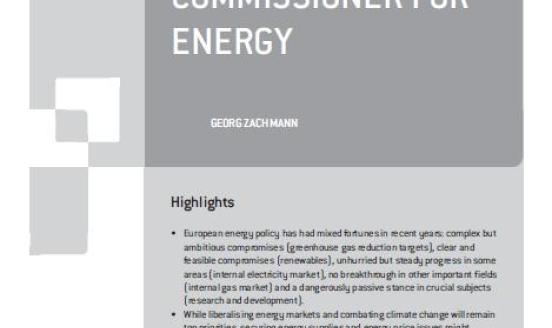
Georg Zachmann
Georg Zachmann is a Senior Fellow at Bruegel, where he has worked since 2009 on energy and climate policy. His work focuses on regional and distributional impacts of decarbonisation, the analysis and design of carbon, gas and electricity markets, and EU energy and climate policies. Previously, he worked at the German Ministry of Finance, the German Institute for Economic Research in Berlin, the energy think tank LARSEN in Paris, and the policy consultancy Berlin Economics.
Disclaimer of external interests
Featured work

European natural gas imports
This dataset aggregates daily data on European natural gas import flows and storage levels.

The Letta report: an assessment of the energy proposals
The report has the potential to substantially impact the European Union's strategic agenda from 2024-29

The impact on the European Union of Ukraine’s potential future accession
This report evaluates the impact on the EU of a possible EU accession of Ukraine, focusing on economic consequences and institutional developments.
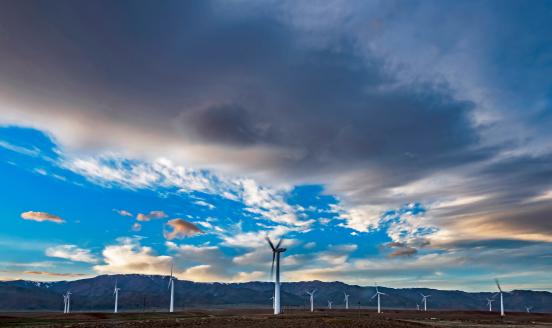
Beyond the numbers of EU national energy and climate plans
The authors conduct a simple relative frequency analysis for a series of words mentioned in the NECPs to identify interesting policy insights within
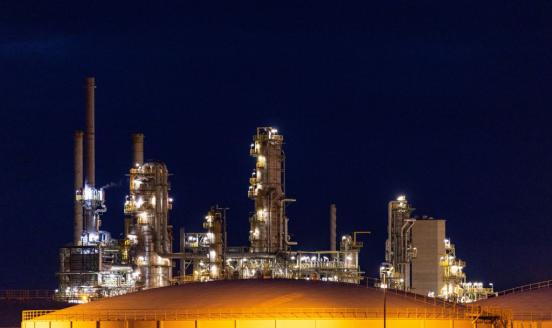
European natural gas demand tracker

Coordination for EU Competitiveness
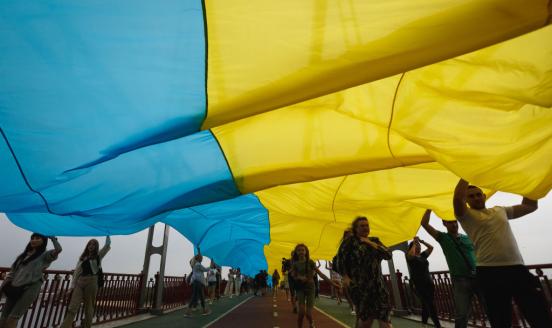
Two years later: addressing long-term consequences of Russia’s invasion of Ukraine
The event marked the anniversary of Russia's invasion of Ukraine, focusing on discussions about sanctions, accession, and energy
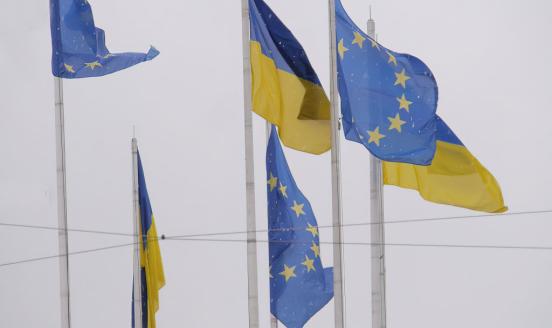
Ukraine’s path to European Union membership and its long-term implications
The war complicates the accession process, but Ukraine can work progressively towards meeting the entry conditions
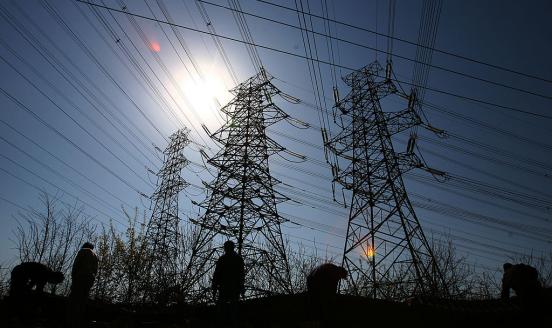
Unity in power, power in unity: why the EU needs more integrated electricity markets
Launch of the Bruegel paper on the future of the European single electricity market.
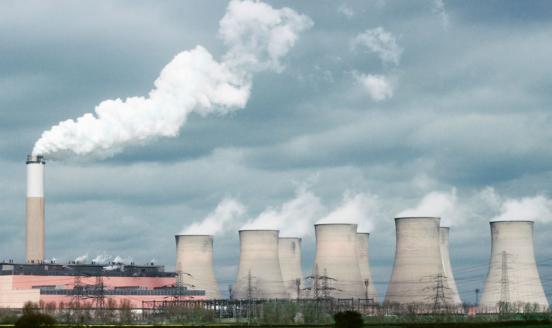
The European Union-Russia energy divorce: state of play
EU-Russia energy trade has fallen hugely since Russia’s invasion of Ukraine, but the EU could still do more to reduce dependence
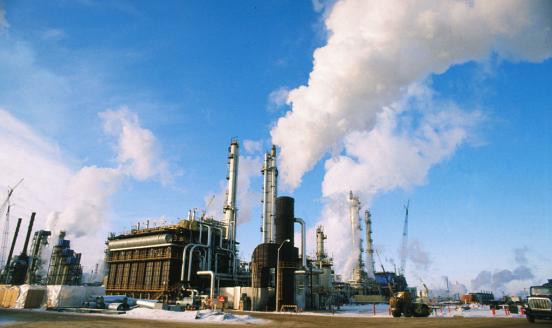
Four questions for Germany’s big hydrogen power plan
Germany’s hydrogen strategy will have ripples across Europe and should be discussed more widely

Why does the EU need more integrated electricity markets?
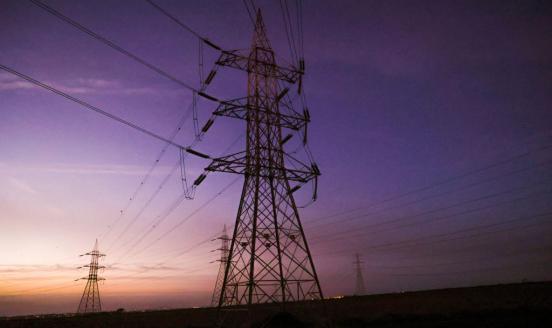
Unity in power, power in unity: why the EU needs more integrated electricity markets
Electricity market integration has substantial benefits that will improve the resilience and enable the transition of Europe’s energy system
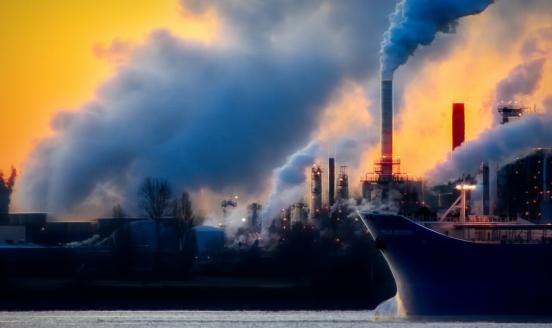
2040 goals: where are we on the path to a climate-neutral EU?
A conversation with Commissioner for Climate Action, Wopke Hoekstra, on 2040 EU climate target
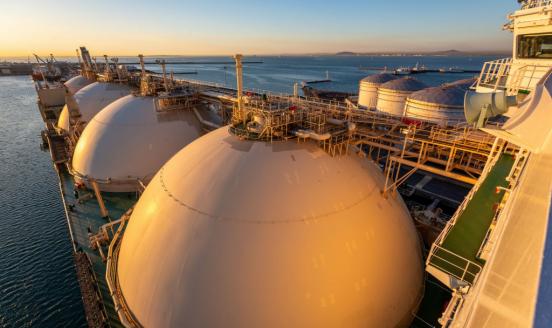
Russian crude oil tracker
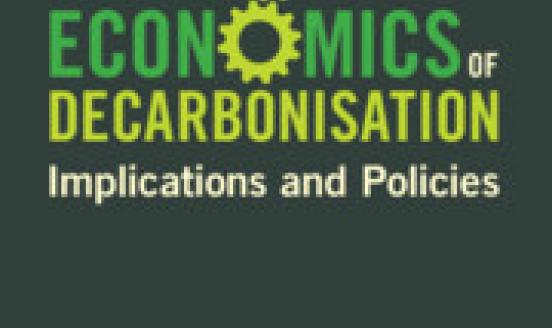
The Macroeconomics of Decarbonisation: Implications and Policies
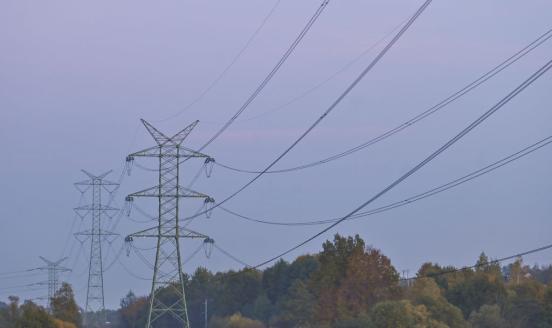
CANCELLED: Exploring the upcoming energy and climate priorities of the new Polish government
CANCELLED

EU competitiveness challenges during the green transition
A briefing given to the Eurogroup on 15 January 2024
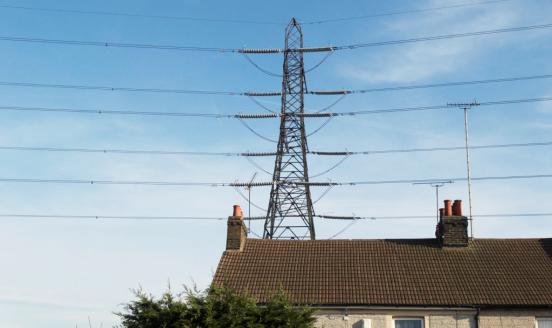
Electricity pricing is Europe’s hidden industrial policy

Europe’s under-the-radar industrial policy: intervention in electricity pricing
Government efforts to artificially lower electricity prices for one group of consumers will raise prices for others, with cross-border implications.
Public expert hearing of the Committee for Climate Protection and Energy, German Bundestag
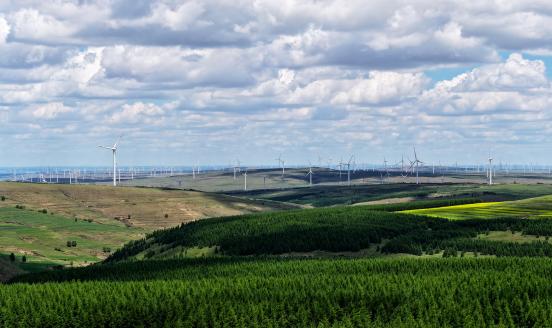
A new opening for Polish-German energy relations
The change of government in Poland and the Russian aggression in Ukraine provide an opportunity for a new opening for Polish-German energy relations.
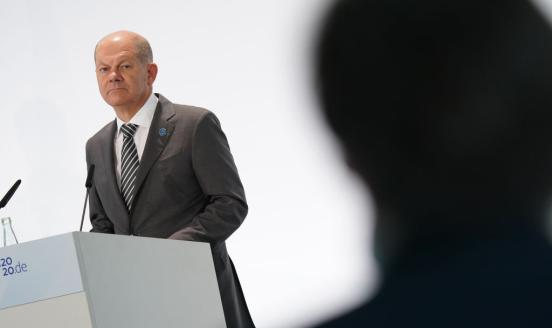
Bypassing the German debt brake and continuing climate spending
There are ways around Germany’s debt brake, which limits government borrowing and is seen as a threat to the climate transition.
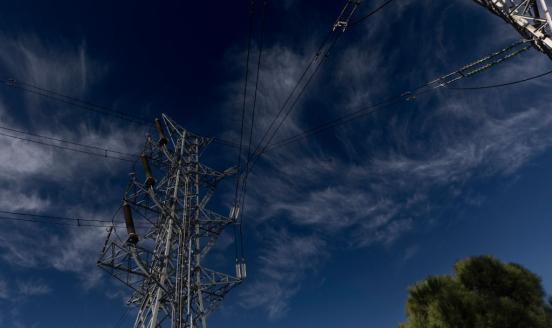
The massive value of European Union cross-border electricity transmission
High values for cross-border electricity transmission capacity show the EU needs more connections between countries.
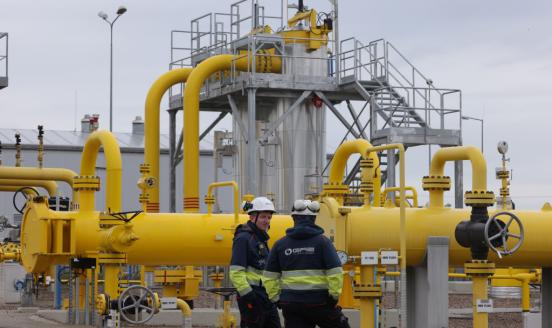
The European Union is ready for the 2023-24 winter gas season
Demand cuts, alternative supply and the green energy rollout mean the EU likely has enough gas for winter, even if Russian supplies are cut completely
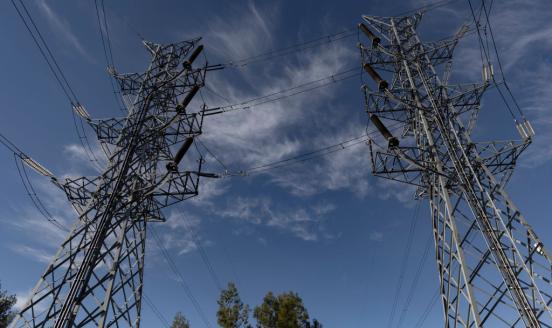
The design of the European electricity market: current proposals and ways ahead
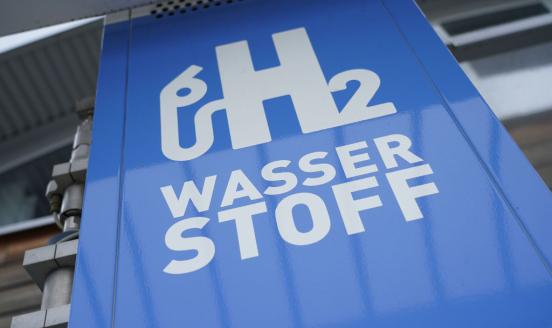
Renewable Hydrogen in Germany, Poland and Portugal
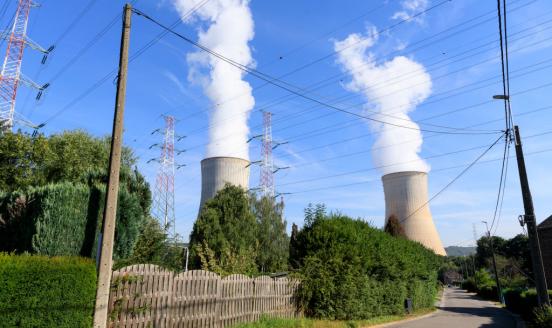
Europe must start preparing a new green investment plan
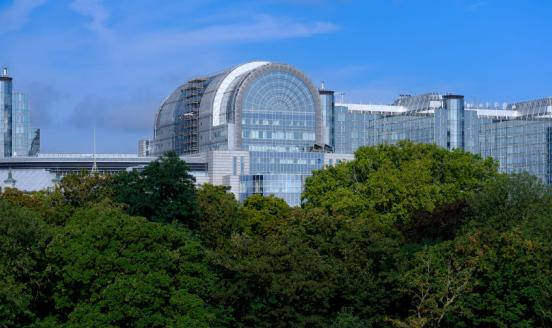
Climate Targets 2040: Bridging Modelling and Policy
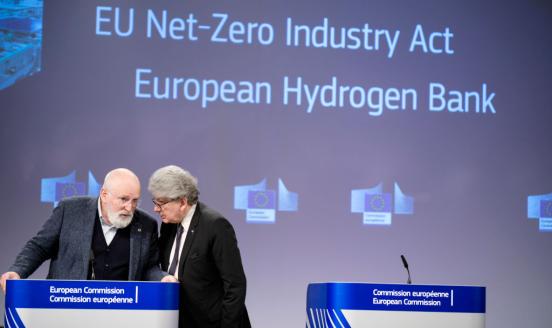
A new governance framework to safeguard the European Green Deal
This policy brief sets out policy proposals to enhance governance in order to safeguard EU decarbonisation.
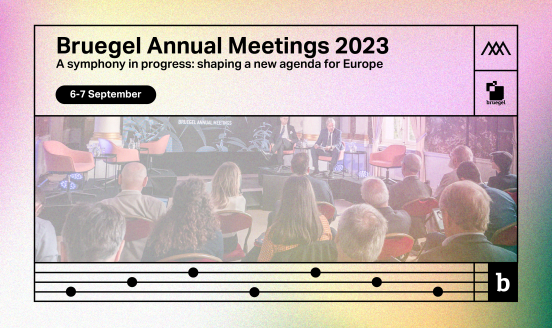
Bruegel Annual Meetings, 6-7 September 2023
A symphony in progress: shaping a new agenda for Europe
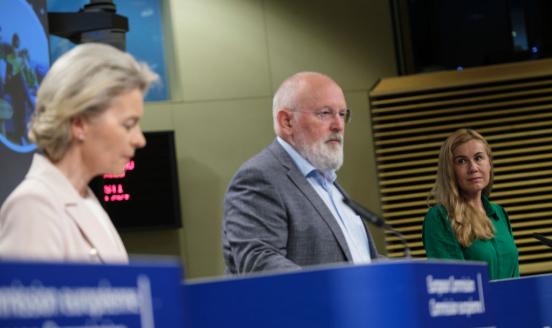
Europe’s green deal will need broad support to succeed
EU has embarked on no less than an industrial revolution. A revolution that — unlike those of the past — is set against a tight deadline.
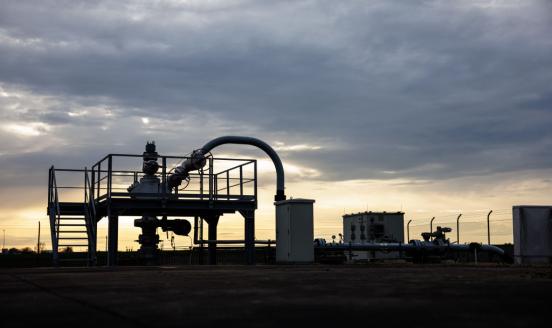
How Ukrainian gas storage can contribute to Europe’s security of supply
To top up stored gas volumes for the coming winter, Europe can use spare capacity in Ukraine.
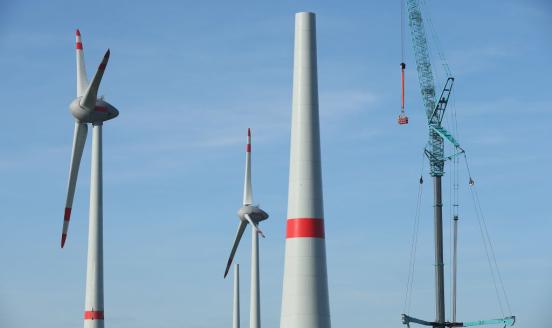
Sparking Europe’s new industrial revolution: A policy for net zero, growth and resilience
This book assesses what must be done to implement industrial policy in a way that will achieve overarching goals while minimising distortions.
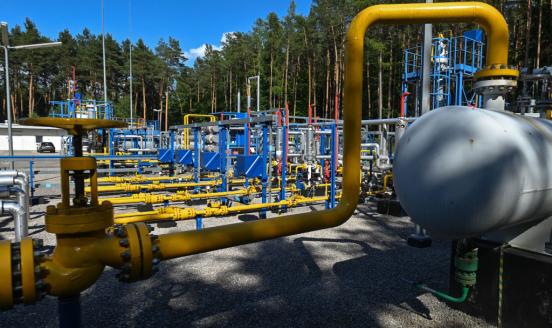
The EU can manage without Russian liquified natural gas
How can the European Union achieve its target of eliminating all Russian fossil-fuel imports by 2027?
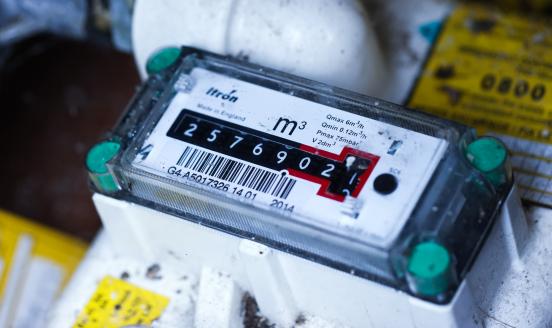
National fiscal policy responses to the energy crisis
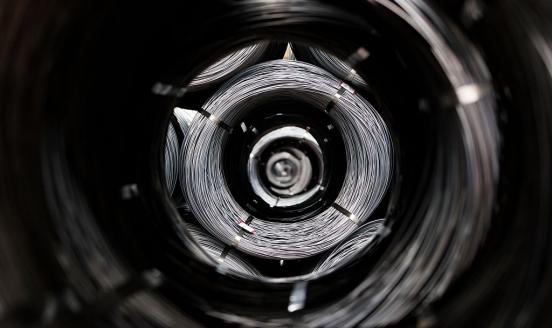
Adjusting to the energy shock: the right policies for European industry
In its industrial strategy response, the EU must ask if the energy-intensive parts of the value chain should be outsourced permanently.
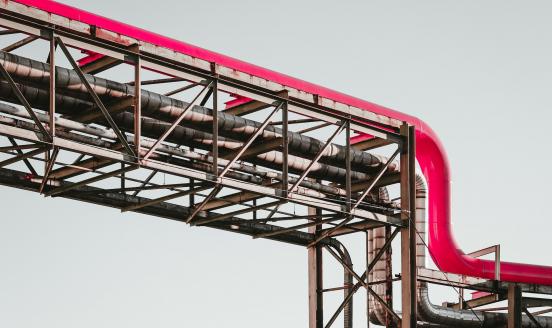
Not Even a Recession: The Great German Gas Debate in Retrospect
The German economy coped with the end of Russian gas and could have equally withstood an April 2022 cut-off
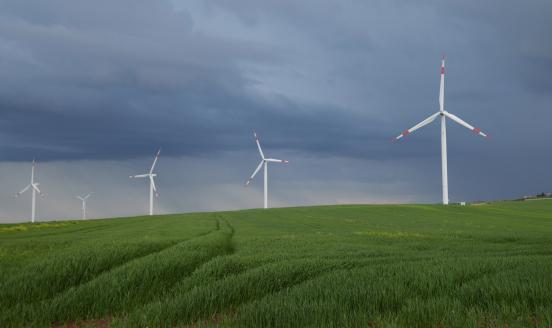
Green transition: create a European energy agency
As energy and climate economists, we propose that a European energy agency be set up to guide the continent’s transition to net-zero carbon by 2050.
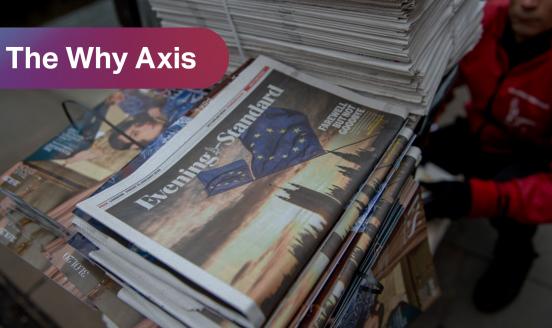
How important is the new electricity market reform?
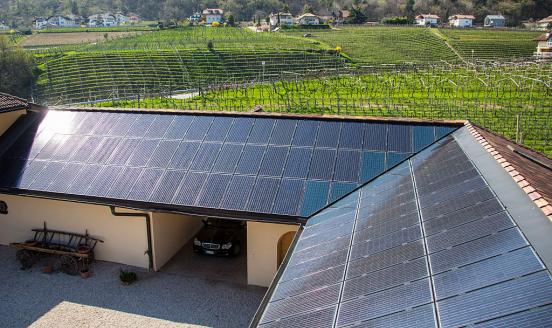
Phased European Union electricity market reform
In this paper, we set out a framework for evaluating the many interrelated issues in the current EU electricity market reform.
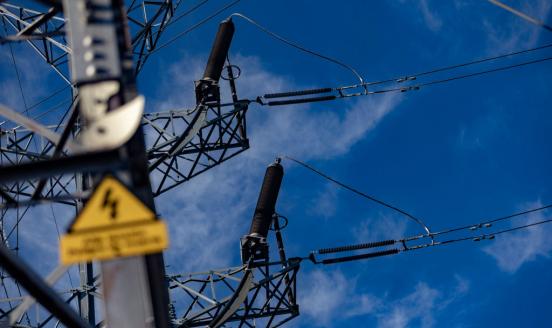
Timing electricity market reform(s)
How can various market reform elements and processes be best timed to address short-term needs while also preparing for longer-term challenges?
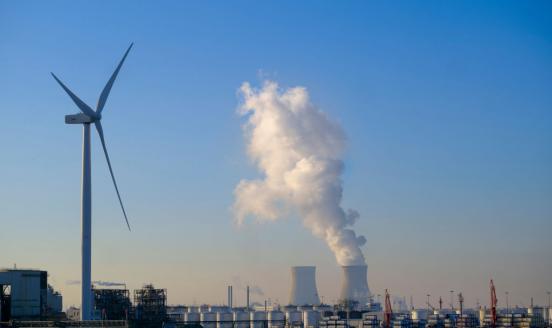
EU electricity market design reform: too quick a fix for a complex problem?
EU proposals on stimulating energy investment signal a paradigm shift; much more clarity is needed before they can be agreed.
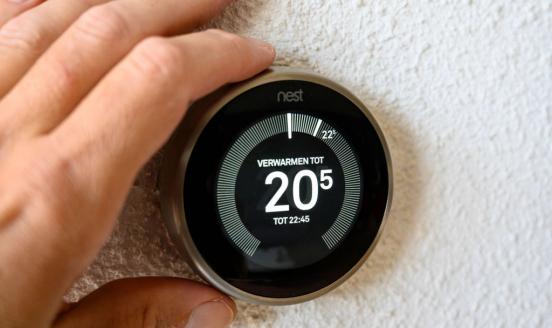
Europe is out of the immediate energy crisis
The challenge now for policymakers and industry alike is to smoothly facilitate a transition toward structurally lower gas consumption.
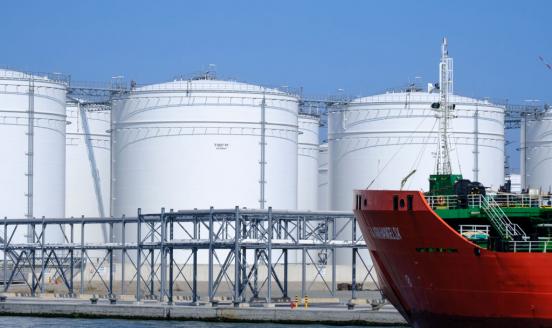
Europe needs new rules if Russia offers gas again
Russia could try to split the EU with a strategic gas offer. Brussels should therefore re-regulate Russian gas imports.
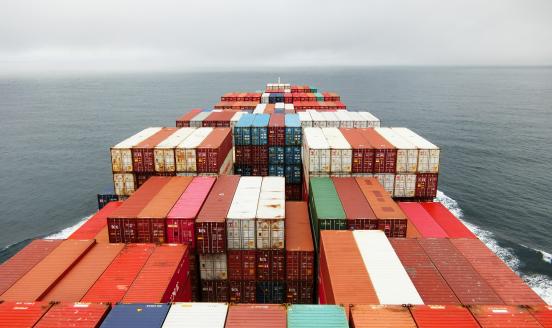
Is Europe failing on import diversification?
Despite a goal of economic self-reliance, the European Union’s imports are generally sourced from an increasingly limited set of suppliers.
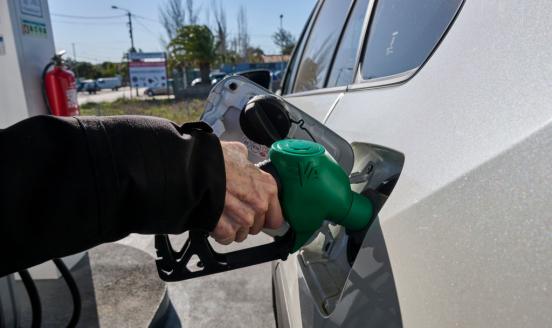
Europe’s half a million barrels per day diesel supply question
A new European Union embargo on Russian oil products should not affect EU diesel supplies and prices, but could encourage re-routing by Russia.
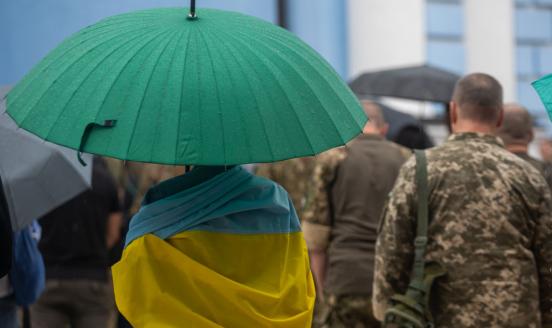
Prospects of Ukraine’s green recovery
Closed-door roundtable discussion on the prospects of Ukraine’s green recovery.
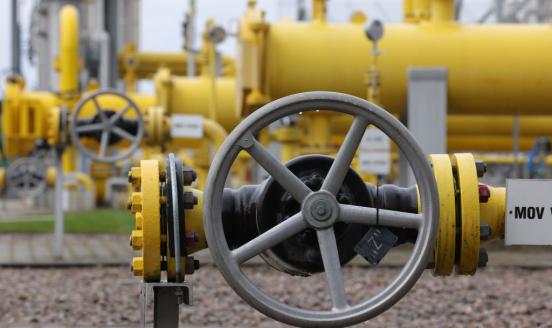
Preparing for the next winter: Europe’s gas outlook for 2023
We explore in detail the two pillars of energy security: LNG supply and the nature and volume of natural-gas demand reductions.
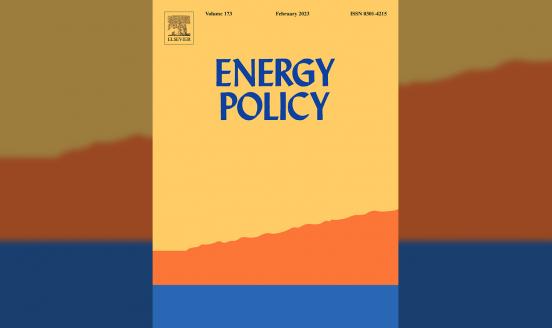
How would the European Union fare without Russian energy?
This contribution explores how Europe can manage without the imports of Russian coal, crude oil, oil products and natural gas.

The great 2022 European energy crisis - what actually happened and how did Europe cope?
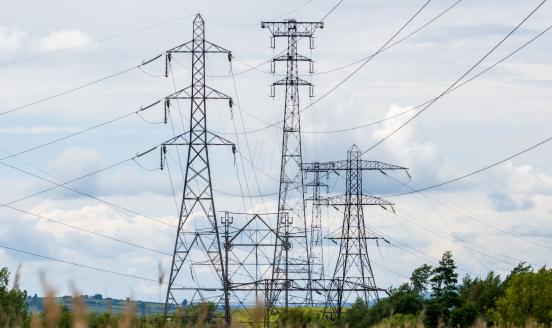
Buying time for proper electricity market reform
A structural reform of the electricity market is necessary in light of the increasing demand for electricity and the growing share of renewable energy
Beating the European Energy Crisis
The EU needs a grand bargain that reduces demand, increases supply, and keeps energy markets open.
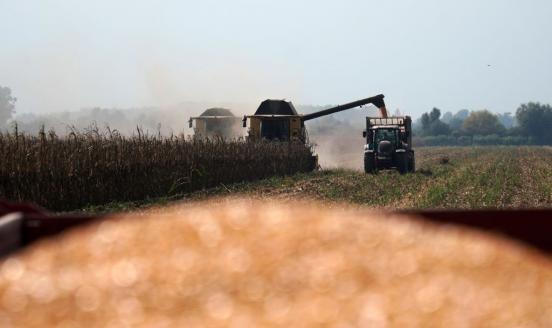
How to address the food crisis without jeopardising climate goals?
At this event, panellists discussed the policies that EU policymakers should implement to alleviate world hunger.

A European policy mix to address food insecurity linked to Russia’s war
The food crisis creates short-term challenges but also points to systemic issues in the food sector.
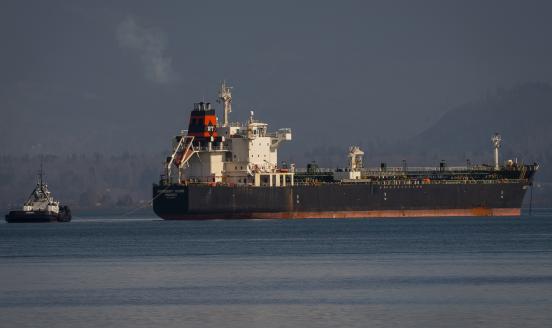
Will the European Union price cap on Russian oil work?
The G7 Russian oil price cap is an ambitious but untested instrument. While pitfalls exist, the cap has the potential to be the most potent sanction.
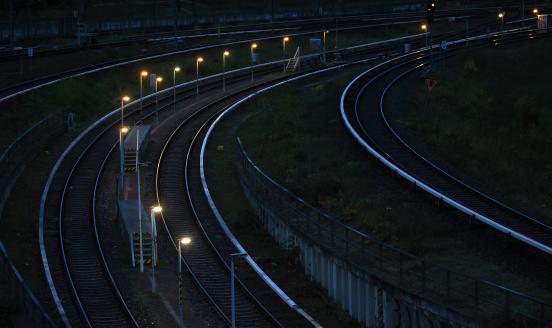
Europe must now strike a deal on energy prices
Europe must move beyond blocking agreement on a coordinated solution and undermining EU unity in the face of Russian aggression.
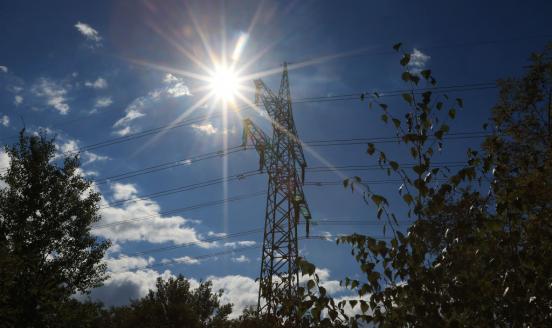
The role of innovation for electricity supply security
Invitation-only event on European electricity innovation.
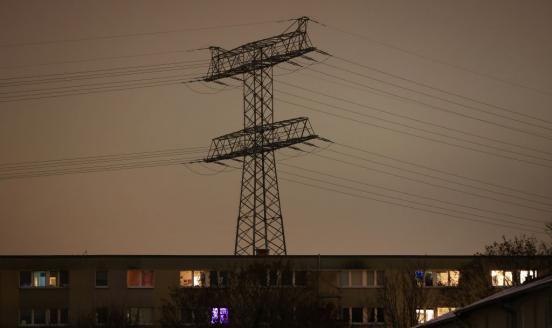
To cap or not to cap: the deal Europe needs on energy prices
An EU gas price cap would be counterproductive, but the reasons why it is supported widely must be acknowledged and addressed.
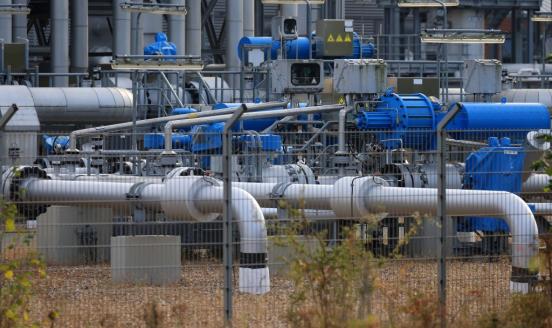
Rethinking Ukraine’s energy sector
What are the ideal outcomes for Ukraine's energy system, and what steps must be taken to achieve them?
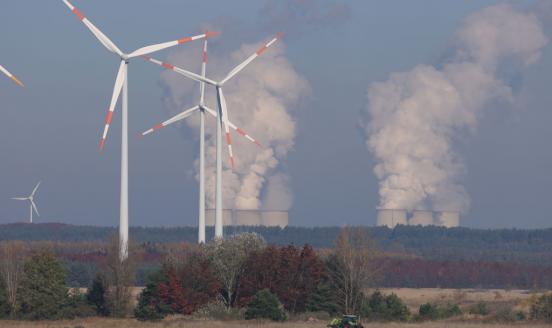
Does the European Union need an energy crisis fund?
An EU energy fund is justified, but for different reasons than commonly assumed, with implications for the fund’s design.
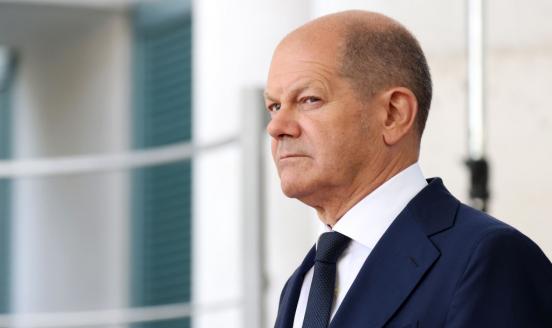
Germany’s gas-price ‘defence shield’: problems and redeeming features
The €200 billion “defence shield” risks undermining European solidarity. This could be avoided by designing it well.
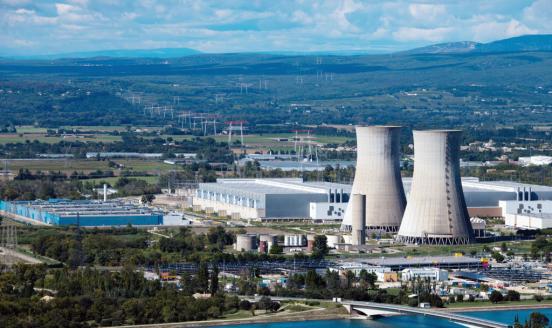
An assessment of Europe’s options for addressing the crisis in energy markets
Action to intervene in the gas and electricity wholesale markets is also being taken at European Union level, which is what we analyse in this paper.
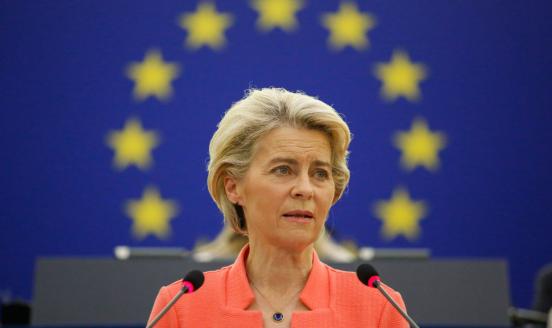
The Sound of Economics Live: Assessing the State of the Union 2022
In this episode, we look at the State of the Union address delivered by Ursula von der Leyen, President of the European Commission.

Bruegel Annual Meetings, 6-7 September 2022
The Annual Meetings are Bruegel's flagship event which gathers high-level speakers to discuss the economic topics that affect Europe and the world.
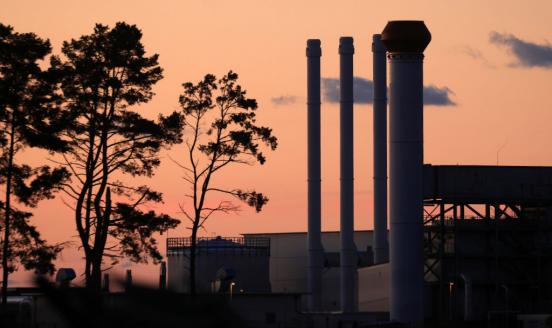
A grand bargain to steer through the European Union’s energy crisis
The current crisis looks set to leave behind it a radically different system, but what that system will look like remains an open question
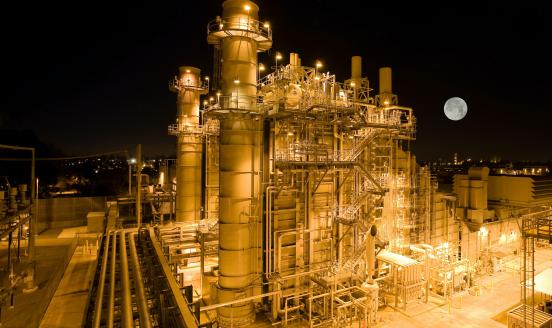
The grand energy bargain Europe needs to defeat Putin
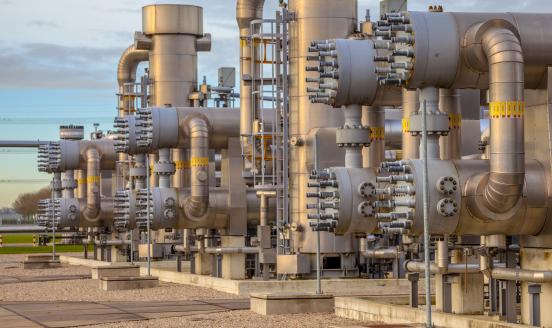
Europe Needs a Grand Bargain on Energy
Why a “Go It Alone” Approach Will Leave Countries in the Cold This Winter
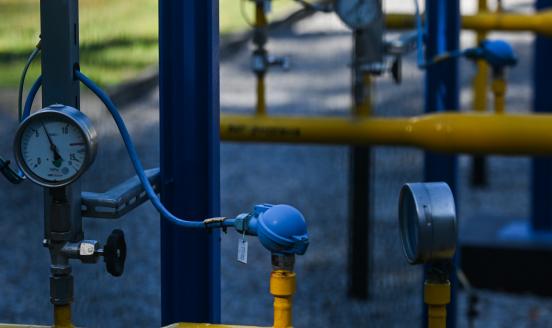
How it can be done
What would be the economic consequences of a complete halt to Russian gas imports?
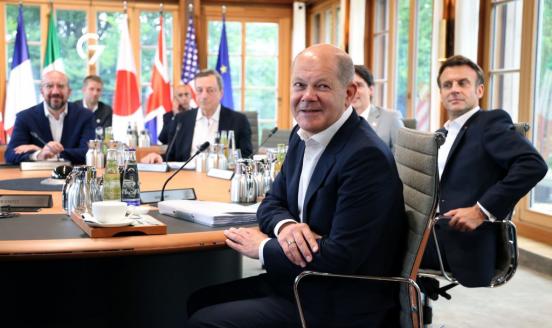
A possible G7 price cap on Russian oil: issues at stake
A price cap on Russian oil might improve the current western sanctions regime, but effectiveness will depend on the west’s willingness
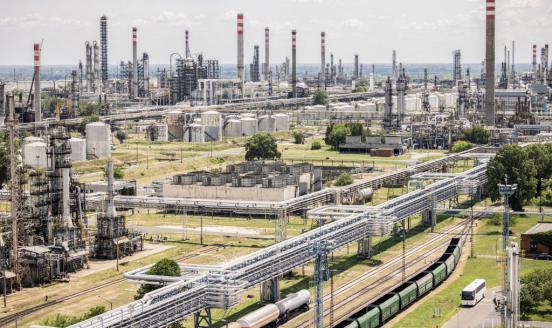
European Union demand reduction needs to cope with Russian gas cuts
Without Russian gas, the European Union would have to reduce demand by approximately 15%, with big differences between different parts of Europe
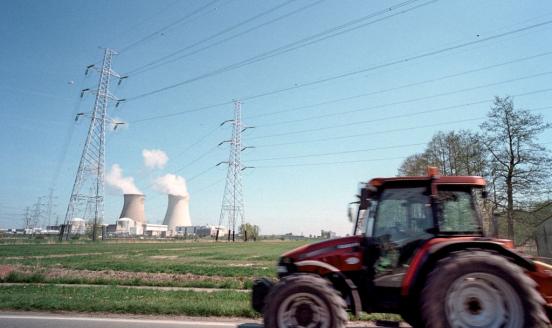
The role of competition in the transition to climate neutrality
The transition to climate neutrality requires the reallocation of production factors from polluting activities to non-polluting activities.
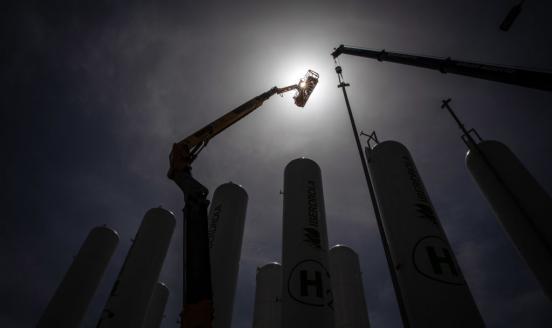
How to make the EU Energy Platform an effective emergency tool
The platform could become an effective emergency tool to safeguard Europe’s gas supply, but policymakers need to address challenges to make it work.
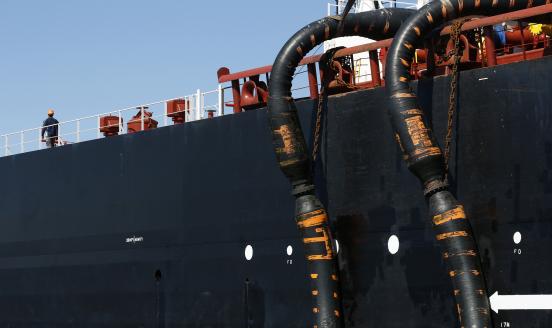
Europe’s Russian oil embargo: significant but not yet
The ban on most Russian oil significantly scales up the EU response to aggression against Ukraine, but the bloc should stand ready for retaliation.
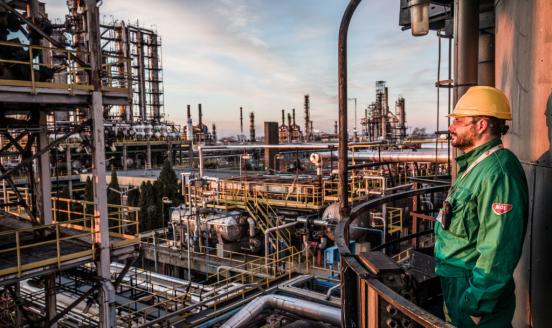
The EU needs transparent oil data and enhanced coordination
The EU lacks the coordination structure and transparent data necessary to most effectively navigate an embargo on Russian oil.
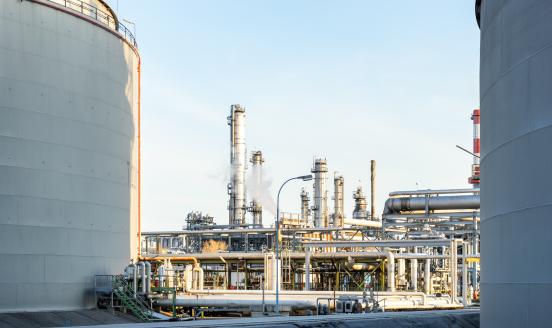
For Europe, an oil embargo is not the way to go
Even at this late hour, the European Union should consider taking a different path.
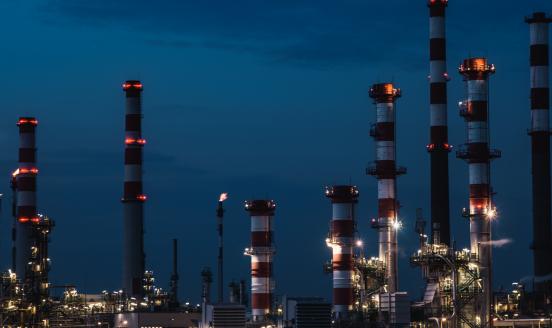
How to weaken Russian oil and gas strength
Letter published in Science.
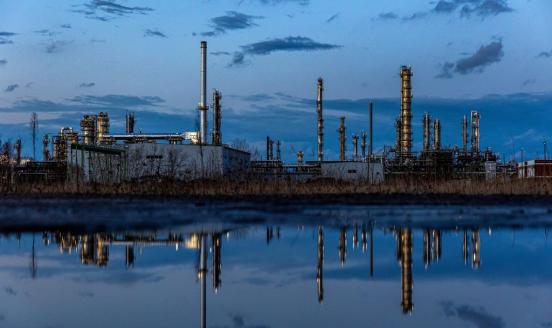
A phase out of Russian oil may be less effective than a tariff at reducing Putin’s rents
A punitive tariff on all energy imports from Russia would be a better choice than a gradually phased-in embargo on selected fuels.
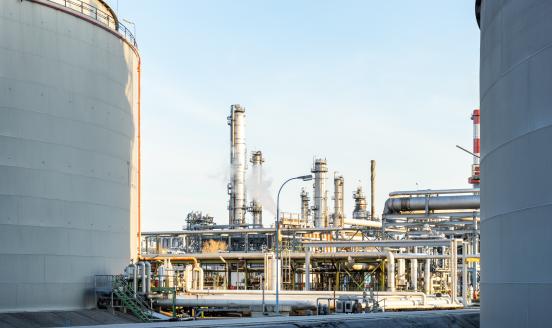
A tariff on imports of fossil fuel from Russia
A tariff on imports of Russian fossil fuels would allow Europe to hit Russia's energy sector without great suffering.
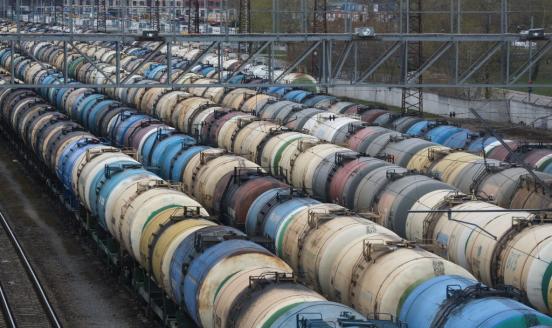
How a European Union tariff on Russian oil can be designed
The European Union should apply a tariff on imports of Russian oil; it can be accompanied by a quota for a gradual, conditional phase-out.
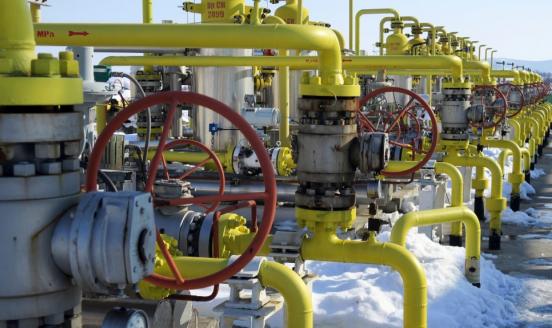
EU risks letting Putin’s gas divide-and-rule strategy win
The 2 May meeting of EU energy ministers should deliver strong and common EU action. Failing to do so would undermine Europe’s unity, energy security
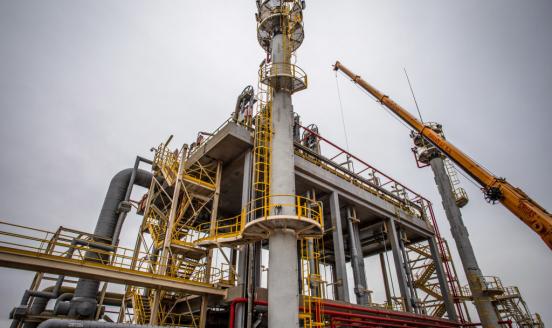
Cutting Putin’s energy rent: ‘smart sanctioning’ Russian oil and gas
Infrastructure bottlenecks prevent Russia from selling all the oil it wants to bring to market, even at lower prices.
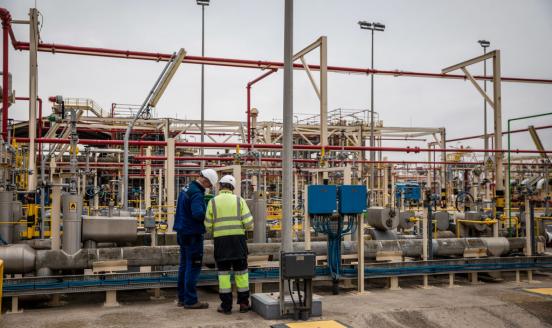
The European Union demand response to high natural gas prices
Even before Russia’s invasion of Ukraine, high natural gas prices triggered an estimated European Union demand cut of about 7%.
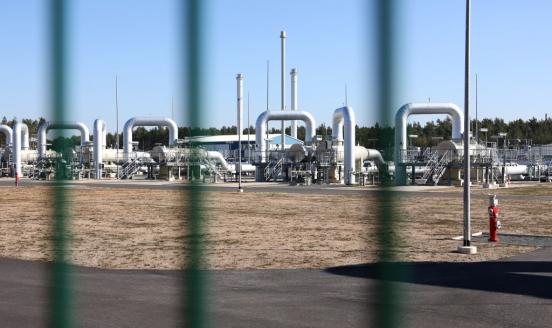
War in Ukraine: How to make Europe independent from Russian fossil fuels?
In this episode of Sound of Economics live we discussed whether REPowerEU can enable Europe to have affordable and secure energy supplies.
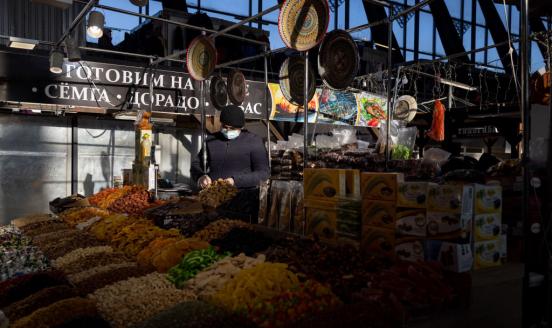
The impact of the war in Ukraine on food security
The war in Ukraine and consequent sanctions could mean high food prices will endure.
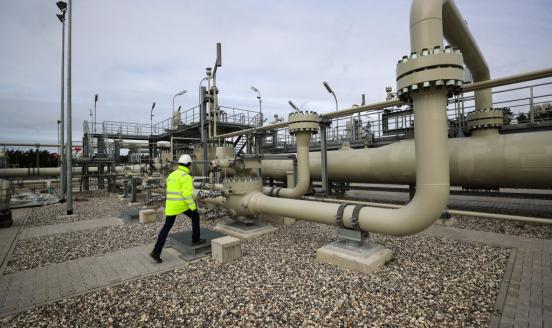
Can Europe manage if Russian oil and coal are cut off?
A stop to Russian oil and coal supplies would push Europe into a short and painful adjustment period.
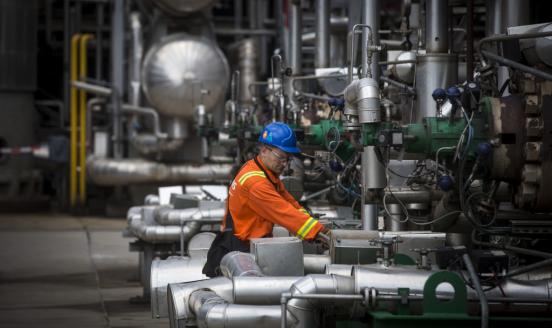
How to wean Europe off Russian gas as swiftly as possible
A trans-Atlantic pact between North America and Europe is essential if Europe is to free itself in the short term from its dependence on Russian energ
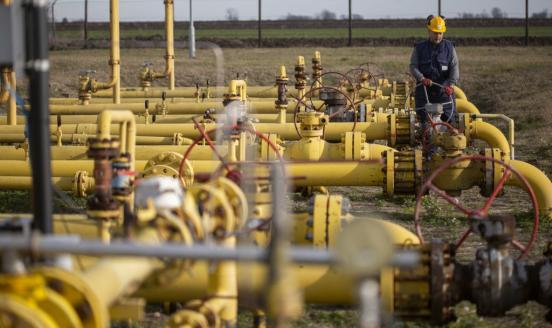
Developing an EU approach to strategic gas storage
A timely conversation on Europe's strategic gas reserves.
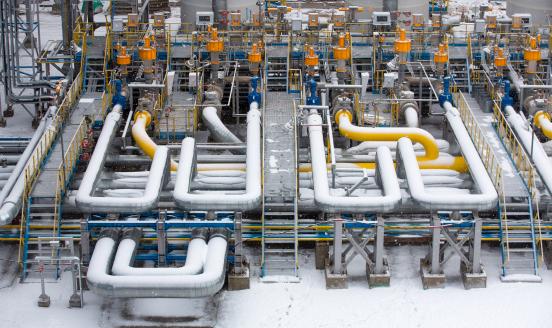
Preparing for the first winter without Russian gas
The European Union can manage without Russian gas next winter, but must be united in taking difficult decisions.
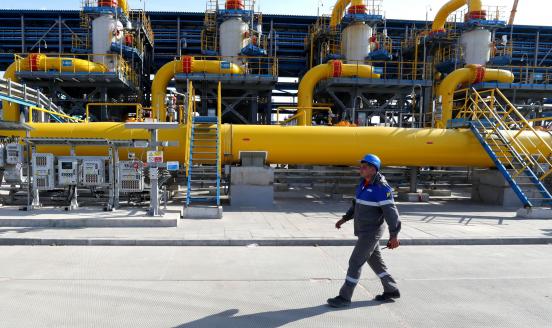
The Kremlin’s gas wars
How Europe can protect itself from Russian blackmail.

Greening Europe’s post-COVID-19 recovery
This Blueprint includes some of the Group’s most prominent voices on the different aspects of the multidimensional issue of green recovery.
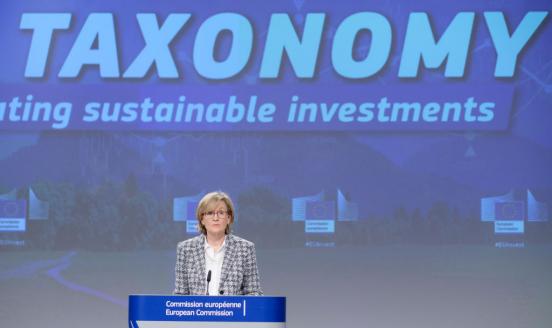
Europe’s sustainable taxonomy is a sideshow
The EU taxonomy grossly simplifies a complex and dynamic world. It might help prevent green-washing but other tools are needed to guide green investme
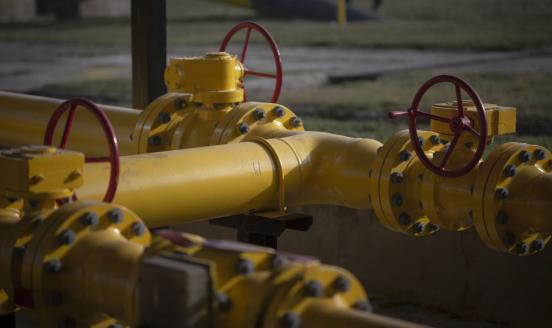
Can Europe survive painlessly without Russian gas?
If Russian gas stops flowing, measures to replace supply won’t be enough. The European Union will need to curb demand, implying difficult and costly d
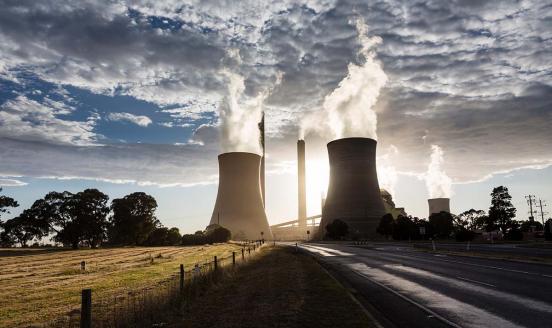
Decarbonisation of the energy system
Given the size and urgency of the transition, the current knowledge infrastructure in Europe is insufficient.
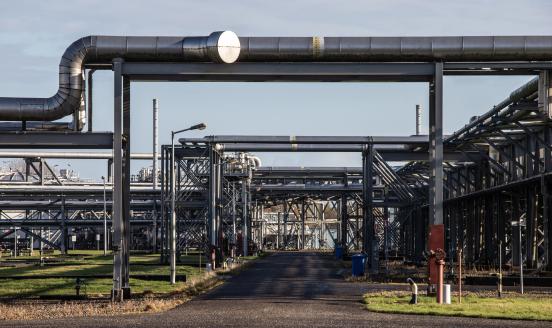
How serious is Europe’s natural gas storage shortfall?
Europe may not have enough natural gas in storage for the coming winter; close monitoring of the situation will be essential.
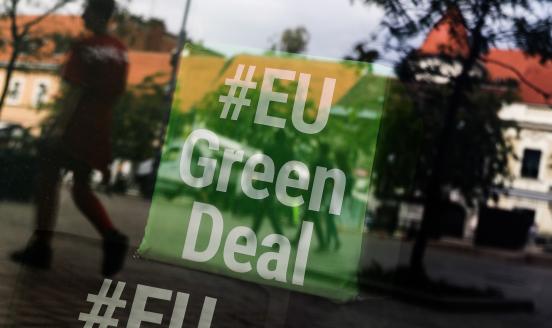
European Green Deal beyond the Brussels climate bubble
How can the European Green Deal be implemented beyond Brussels?
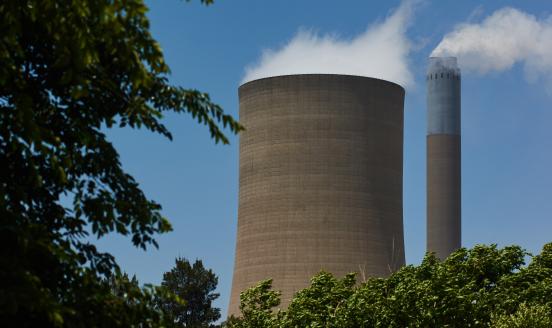
Rising energy prices: European Union countries’ views on medium-term policies
Alongside short-term measures to shield consumers from rising energy prices, EU countries have set out their positions on medium-term measures to prev
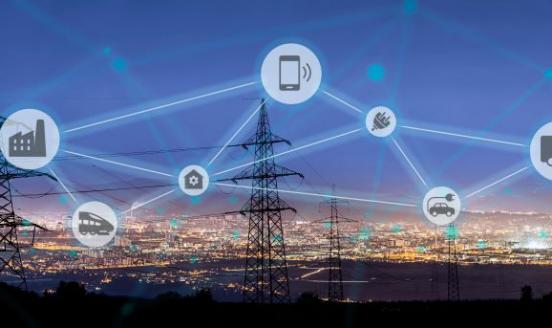
Bruegel electricity tracker of COVID-19 lockdown effects
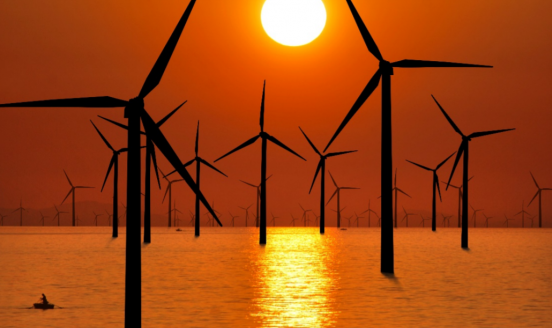
Decarbonisation of energy
Determining a robust mix of energy carriers for a carbon-neutral EU
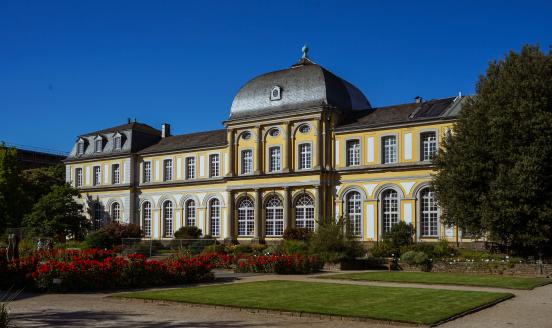
Instruments of a strategic foreign economic policy
Study for the German Federal Foreign Office produced by Bruegel, the Kiel Institute for the World Economy and DIW Berlin.
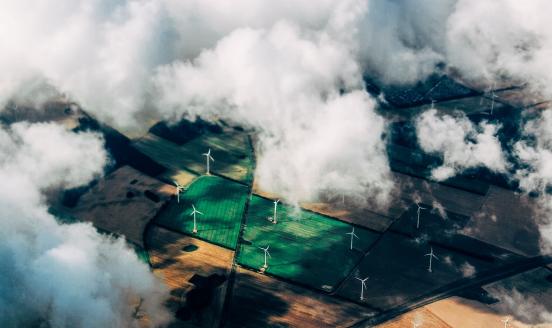
A new economic geography of decarbonisation?
Energy transitions manifest themselves across space and time. While necessary targets for decarbonisation are apparent, the accompanying shifts in spa

The only quick-fix to Europe’s energy price crisis is saving energy
The only thing Europe can quickly do to prevent a potentially difficult winter is to actively promote energy conservation in both the residential and
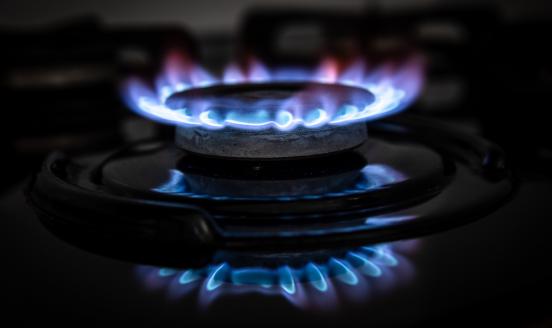
Letter: The lesson Europe should learn from the gas crisis
Europe’s gas supply security could more effectively be safeguarded by ensuring that unused alternatives are maintained.
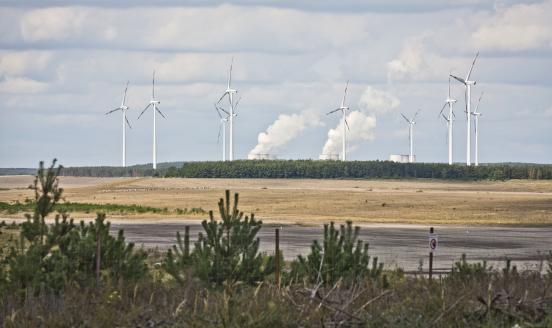
Winners and losers of energy and climate policy – How can the costs be redistributed?
Who should bear more and who less of the burden achieving climate policy goals?

Is Europe’s gas and electricity price surge a one-off?
Surging natural gas prices in Europe, driven by rising demand and tight supply, are pushing up electricity prices; to prevent volatility, governments
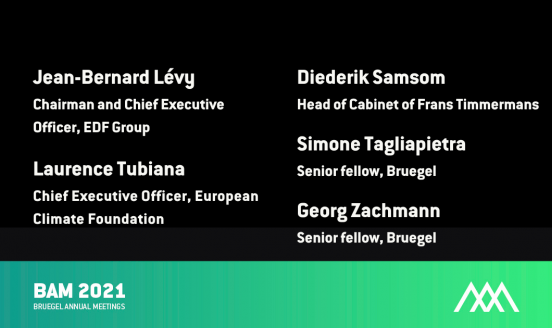
The role of the state in providing infrastructure for decarbonisation
Bruegel Annual Meetings, Day 2 - Who should be responsible for providing crucial infrastructure for decarbonisation and how should it be managed?
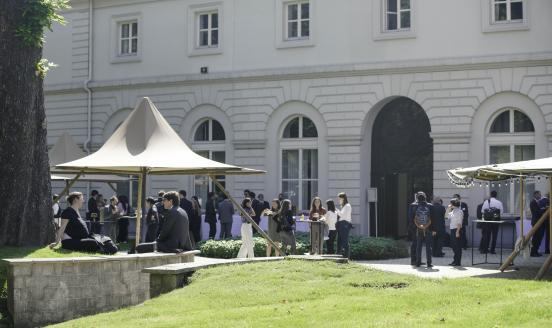
Bruegel Annual Meetings, 1-3 September 2021
The 2021 Annual Meetings gathered high-level speakers and participants to discuss how to recover from the crises brought on by the Covid pandemic

Making sure green household investment pays off
Policies are needed to support green fuel switching by households; support should be phased out as the carbon price rises.
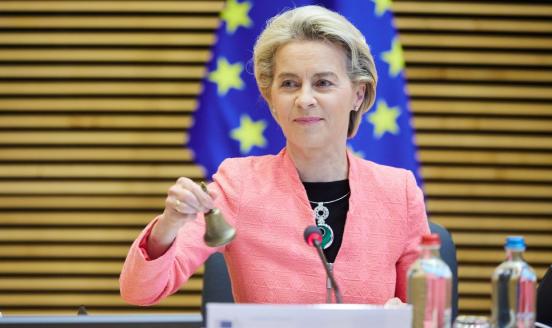
‘Fit-for-55’ package: Squaring the circle
The European Union finds itself at the centre of a three-dimensional puzzle. Burdens need to be shared between 450 million citizens, 25 million busine
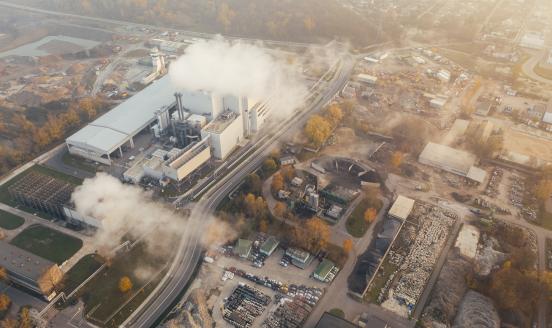
Ensuring competitiveness of low-carbon investments
At this event, speakers will introduce the core idea of commercialisation contracts, and then discuss key design elements.
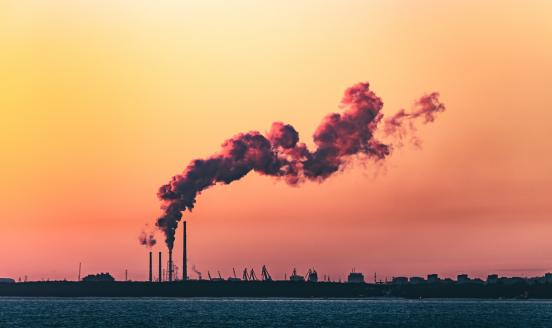
Commercialisation contracts: European support for low-carbon technology deployment
We outline the case for ‘commercialisation contracts’ (a form of carbon contracts for difference) to provide this transparent competition.
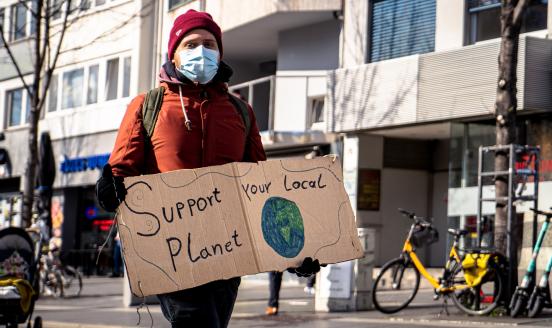
Paris Reinforce: From Numbers to Insights: How to think about economic-climate modelling
Join us for the presentation of ‘From Numbers to Insights: How to think about economic-climate modelling’.

The Polish view on extending the EU-ETS: Red lines, room to manoeuvre, game changers
What are the red lines, what room is there to manoeuvre, and which elements of the new carbon pricing architecture can be real game changers?
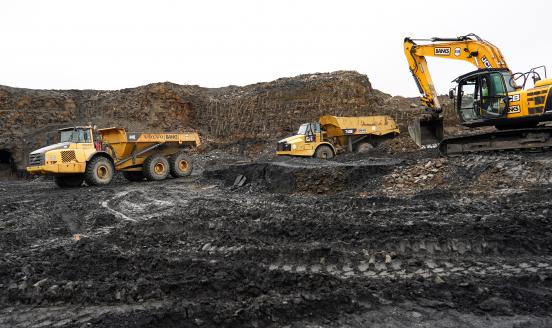
How to extend carbon pricing beyond the comfort zone
Rapid emission cuts need a carbon price for the whole economy. This must be introduced in careful stages.
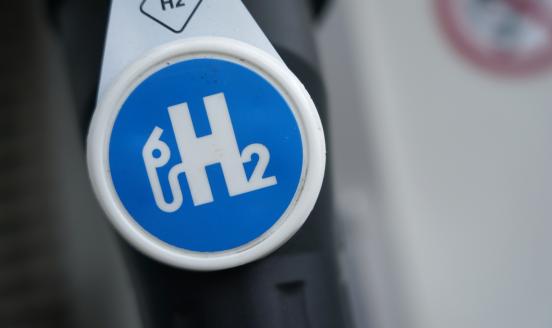
Navigating through hydrogen
Policymakers must address the need to displace carbon-intensive hydrogen with low-carbon hydrogen, and incentivise the uptake of hydrogen.
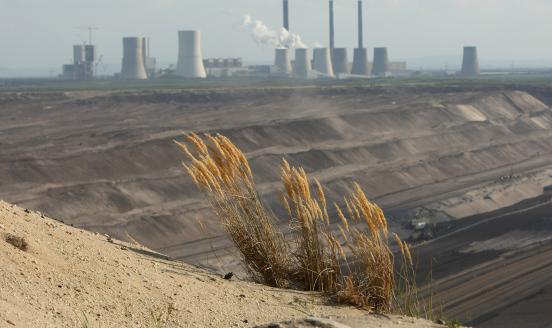
A new carbon pricing paradigm for the path to net zero
Which role carbon pricing could and should play in the future policy mix?
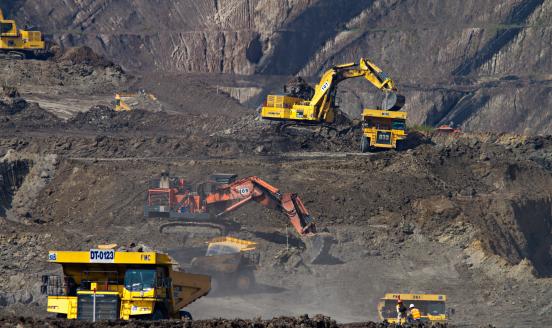
A whole-economy carbon price for Europe and how to get there
Putting carbon pricing at the centre of the EU climate policy architecture would provide major benefits.

Innovative approaches to monitoring the risks and impact of COVID-19
What new innovative tools can we use to measure real-time economic and social risk?

Understanding the European Union’s regional potential in low-carbon technologies
This research identifies existing and potential specialisation in green technologies in European Union regions, and proposes an approach to identify p

Targeted horizontal industrial policy: green, regional and European
Creating the conditions for the most promising low-carbon sectors to grow is the most efficient way to enable decarbonisation. As sector potential is
Green recovery spending: how, when and where
Analysing potential recovery spending and green investment through multiple dimensions.
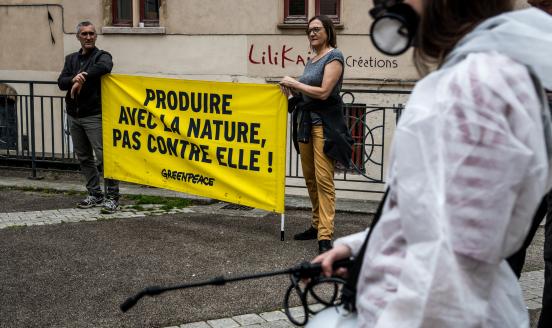
Reforming the ETS: what to make of revenues?
What will a reformed European Emissions Trading Scheme (ETS) look like?

Perspective of comprehensive and comprehensible multi-model energy and climate science in Europe
A comprehensive and comprehensible multi-model framework offers a real example of “collective” science diplomacy, as an instrument to further support
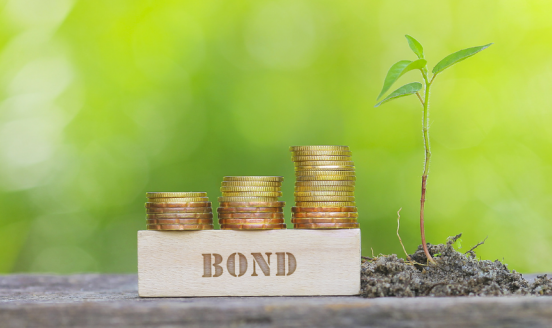
Redefining European Union green bonds: from greening projects to greening policies
European Union green bonds, as promised by European Commission president Ursula von der Leyen, might be better linked to the bloc's achievement of its

Bruegel Annual Meetings 2020 - Day 2
Second day of Bruegel Annual Meetings.

Bruegel Annual Meetings 1-3 September, 2020
Bruegel's flagship event transformed into a virtual conference for pandemic times
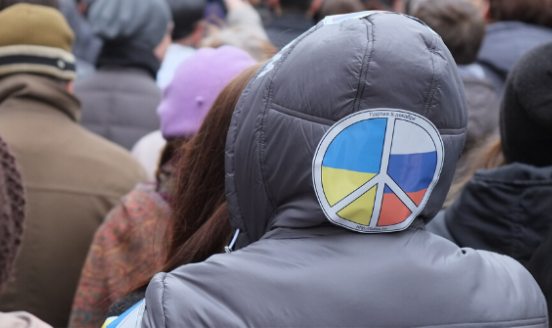
Ukraine: trade reorientation from Russia to the EU
Over the past five years conflict has led to a deterioration of Russo-Ukrainian economic relations while ties with the EU have been deepened. This shi

Greening the recovery by greening the fiscal consolidation
In the wake of COVID-19, some economic recovery policies will help green the economy – for example, energy renovation of buildings.
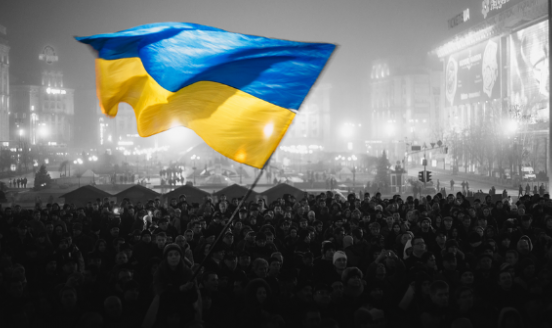
Six years after Ukraine’s Euromaidan: reforms and challenges ahead
T he political events of early 2014 and the conflict with Russia had a strong negative impact on the Ukrainian economy.

Lessons learned from the electricity tracker
Since the beginning of the COVID-19 crisis, Bruegel’s new tool has gauged the impact of the crisis on economic activity by tracking changes in electri

Racing against COVID-19: a vaccines strategy for Europe
This Policy Contribution proposes a staged support scheme to tackle the COVID-19 vaccine challenge and a moon shot programme to meet the challenge of
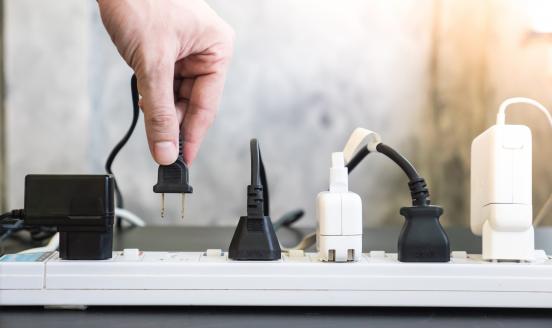
Covid-19 crisis: electricity demand as a real-time indicator
Comparing average weekday hourly electricity demand for the last few weeks to the year before, we visualise the moment when the current crisis began t
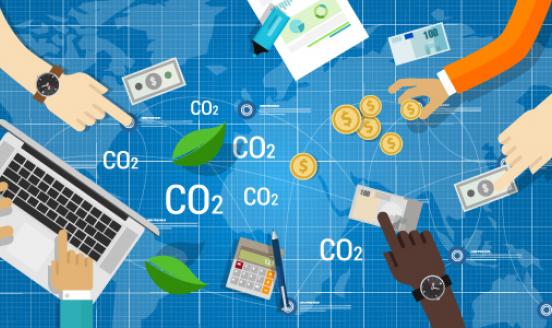
On gains, losses, and trade-offs: the case of Border Carbon Adjustment
How will the border carbon adjustment be implemented and what will be the implications?
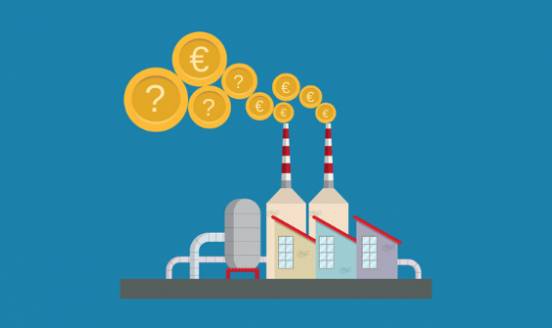
A European carbon border tax: much pain, little gain
The European Commission should not make the implementation of a carbon border adjustment mechanism into a must-have element of its climate policy. The
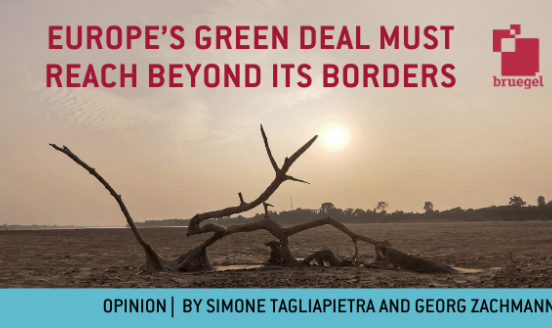
Europe’s Green Deal must reach beyond its borders
A European Climate and Sustainable Development Bank could become the external investment arm of the European Green Deal.
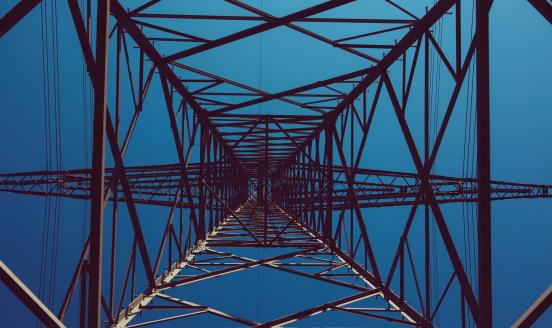
The European Union-Russia-China energy triangle
Concern is growing in the European Union that a rapprochement between Russia and China could have negative implications for the EU.
Enhancing climate policy through co-creation
First PARIS REINFORCE Stakeholder Council Dialogue
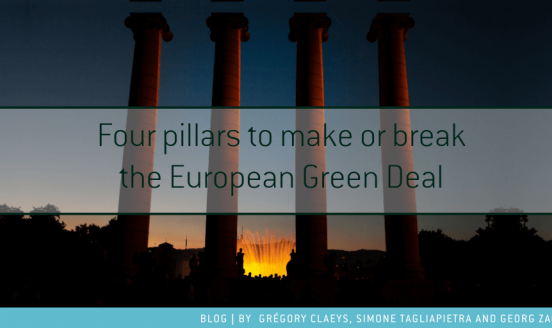
Four pillars to make or break the European Green Deal
The recipe for a successful European Green Deal is as simple as it is breath-taking: to intelligently promote deep decarbonisation by accompanying the

How to make the European Green Deal work
Ursula von der Leyen has proposed a European Green Deal that would make Europe climate neutral by 2050. With this Policy Contribution, the authors pro
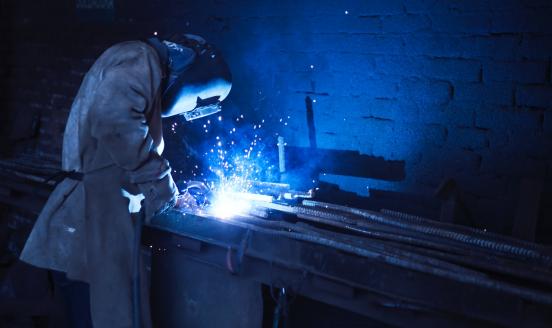
Schaut in die Region!
Die deutsche Industriepolitik folgt bisher keiner klaren Strategie, sondern ist von Unternehmensinteressen getrieben. Das ist der falsche Weg.
COP 21 RIPPLES: What are the key elements of an adequate global response?
The Dialogue focuses on technology, finance, industrial transformations and the political economy, which are identified by COP21 RIPPLES as key levera

Bruegel Annual Meetings 2019, 4-5 September
The 2019 Annual Meetings featured the launch of Bruegel's memos to the new European Leadership, proposing how to deal with future policy challenges
Bruegel Annual Meetings 2019
Bruegel's 2019 Annual Meetings will be held on 4-5 September and feature the launch of Bruegel's Memos to the New European Commission.

The European Union energy transition: key priorities for the next five years
The new members of the European Parliament and European Commission who start their mandates in 2019 should put in place major policy elements to unlea
Brussels Policy Dialogue: Insights for EU and Member States’ Climate Agenda
The event is a policy dialogue organised under the project, 'COP21: Results and Implications for Pathways and Policies for Low Emissions European Soci
How do national energy policies fit into EU decarbonisation plans?
Through considering several different national perspectives, we discuss how to reconcile the EU Climate Strategy targets with national energy and clim

Estimating the cost of capital for wind energy investments in Turkey
Wind power represents a key component of Turkey’s national energy strategy. Based on data collected on 138 installations in the country, this paper pr

Getting better all the time: The benefits of learning for decarbonisation
The technological development will dramatically impact decarbonisation cost. In this blog post, the author suggests that national decarbonisation stra
Rethinking industrial policy in the digital age: challenges for Europe
All-day conference about how the European policy-making will have to adapt to the digital transformation.

A new climate strategy for the EU
At a pivotal point in time, three major EU sides come together to discuss the future climate strategy.
The European Energy Transition: A year ahead of the Twenties
This event will look at the most important issues related to energy for the next few years. The event will coincide with the launch of a book and onli
Environmental and economic effects of the EU ETS
What is the impact of the EU ETS on carbon emissions and economic performance of regulated companies?

What the "gilets jaunes" movement tells us about environment and climate policies
Simone Tagliapietra and Georg Zachmann write on the climate governance lesson European governments should learn from the "gilets jaunes" experience.
Distributional effects of climate policies
How do we design climate policies to minimize adverse distributional effects?

The distributional effects of climate policies
The distributional consequences are likely to be a major driver of future climate policies. Policymakers will not accept forceful decarbonisation poli

Learning for decarbonisation
This external publication, put together in the framework of the COP21 RIPPLES Consortium, makes the case that national decarbonisation strategies shou

LNG and Nord Stream 2 in the context of uncertain gas import demand from the EU
Georg Zachmann sees the development of import demand for natural gas in the EU as uncertain. In case of strongly increasing import demand, both Nord S
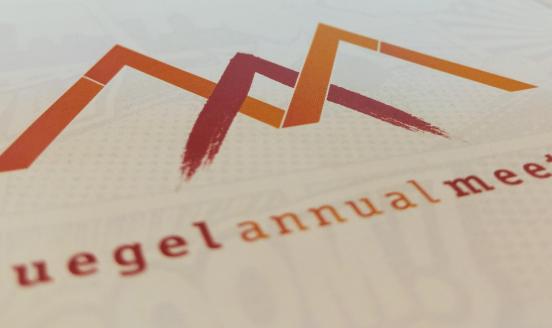
Bruegel Annual Meetings 2018
The 2018 Annual Meetings will be held on 3-4 September and will feature sessions on European and global economic governance, as well as finance, ener

Export and patent specialization in low carbon technologies
The low-carbon technology sector is going through a period of disruptive innovation and strongly increased investment, which is likely to continue. Gl
The EU’s vision for a modern, clean economy
This event is part of a joint project by Bruegel and European Roundtable on Climate Change and Sustainable Transition (ERCST/ICTSD): “Developing the E
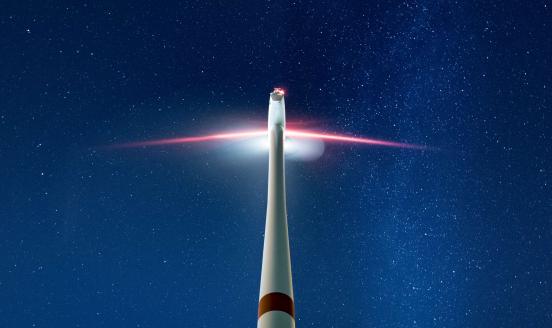
Europe needs a fresh approach to climate strategy
The EU needs a new approach to long-term climate strategy to ensure that EU climate policy is brought in line with the goals of Paris and takes into a
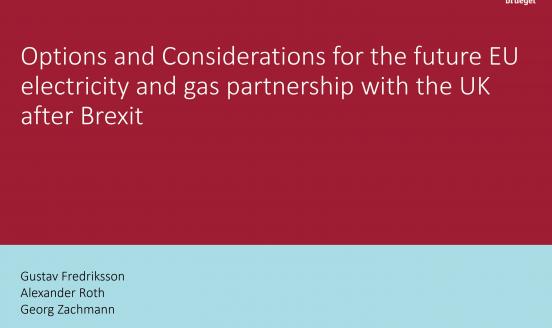
Brexit and Energy Policy
Testimony before the European Parliament's Committee on Industry, Research and Energy

Developing the EU long term climate strategy
To ensure that EU climate policy is in line with the goals of the Paris Agreement, and takes into account substantial recent shifts in the technical a

Addressing Europe’s failure to clean up the transport sector
The European Union has the long-term vision to reduce its greenhouse gas emissions by 80-95 percent by 2050 compared to 1990 and it adopted in 2014 a
Impact of Brexit on the EU energy system
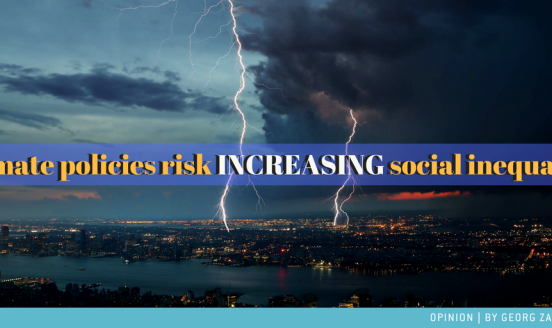
Climate policies risk increasing social inequality
The aggressive political interventions needed to effectively counteract climate change will make the rich richer and the poor poorer, if social concer
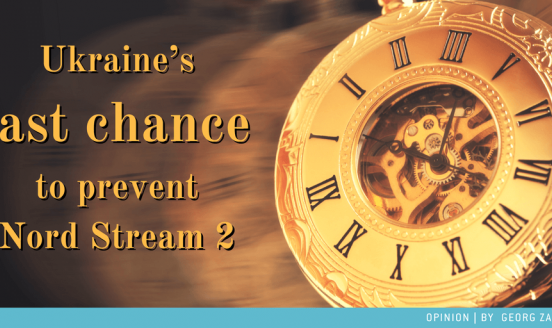
The clock is ticking: Ukraine’s last chance to prevent Nord Stream 2
Ukraine is running out of time to provide western gas consumers with the necessary trust to abandon the Nord Stream 2 gas pipeline project.
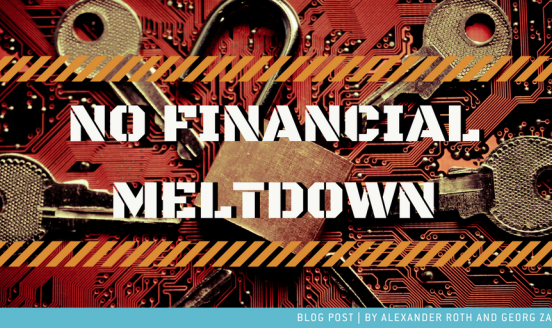
No Financial Meltdown
Intel suffered only minimal pain in the stock market following revelations about the ‘Meltdown’ hardware vulnerability. But if the market won’t compel
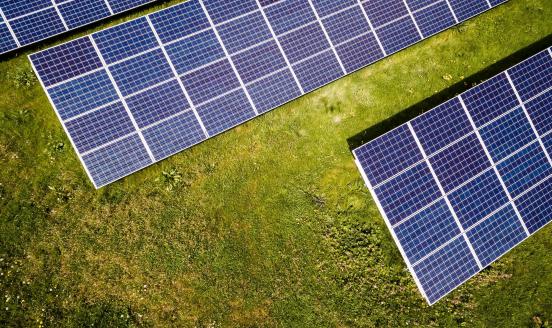
The Impact of Brexit on the EU Energy System
What will be the impact of Brexit on the EU energy system? With or without the UK, the EU will be able to complete its market, to achieve its climate

The impact of Brexit on the Irish energy system – pragmatism vs. principles
Brexit promises pain for Ireland that could be cut off from the EU internal market and be left exposed to market instability in the UK. Georg Zachmann

A new strategy for European Union-Turkey energy cooperation
In a period of stress in the relationship between the European Union and Turkey, cooperation over energy could be a bright spot, because of strong mut
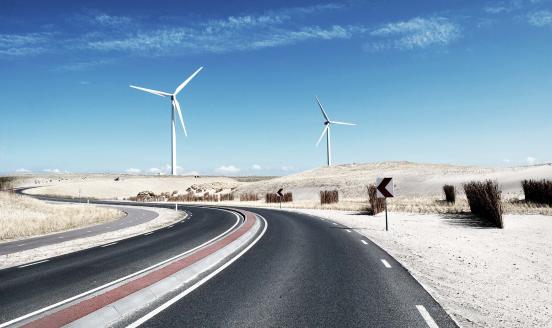
Fiscal aspects of the Energy Transition
Relative prices of different energy carriers are affected by a number of fiscal instruments. At this event, we will hold a discussion on, how fiscal i
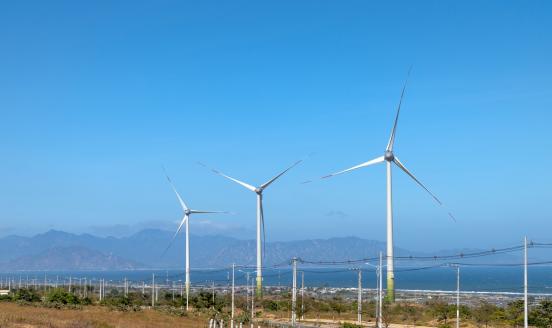
Reinforcing the EU energy industry transformation: stronger policies needed
The European energy system is being transformed by three major forces, decarbonisation, digitalisation and decentralisation. Decarbonisation is changi
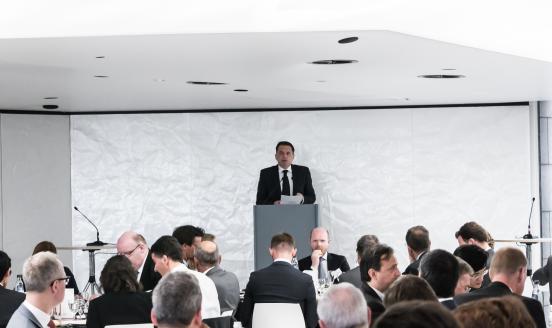
Bruegel Annual Meetings 2017, 7-8 September
The Annual Meetings are Bruegel’s flagship event.

Remaking Europe: the new manufacturing as an engine for growth
Europe needs to know how it can realise the potential for industrial rejuvenation. How well are European firms responding to the new opportunities for

Low carbon technology exports: the race is still open
A country’s relative strength in exporting a certain product is likely to persist. But it is easier to gain a comparative advantage in exporting low c
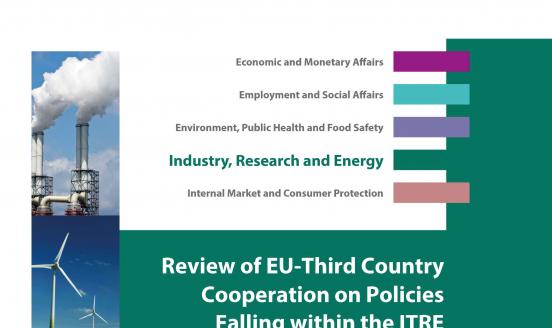
Review of EU-third country cooperation on policies falling within the ITRE domain in relation to Brexit
What is the possible future relationship between the EU and the UK in light of Brexit? The report provides a critical assessment of the implications o
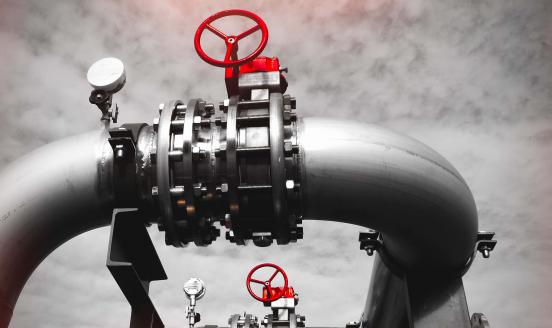
Nord Stream 2 means gains for Germany but pain for Europe
The proposed Nord Stream 2 pipeline could destabilise European energy cooperation and offer Gazprom excessive influence in Central and Eastern Europe.
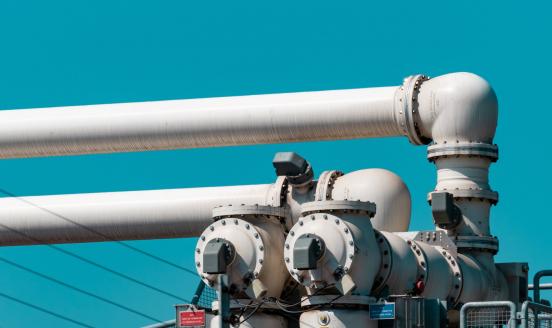
Nord Stream 2 can wait
Gazprom is pushing ahead with plans to build a second gas pipeline under the Baltic sea, straight form Russia to Germany. Supporters claim that Ukrain
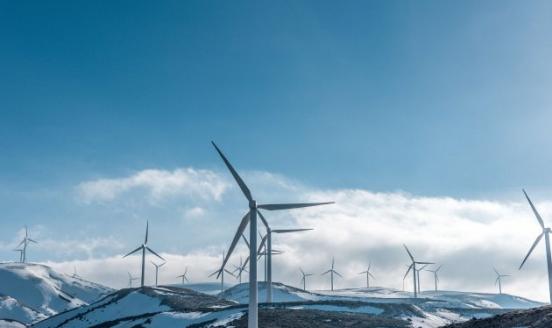
Adieu Paris: what’s next for climate policy if Trump ditches the Paris Agreement?
US President Trump has made it clear that he is not happy with the Paris Agreement. This week he will announce whether the US will withdraw from the A
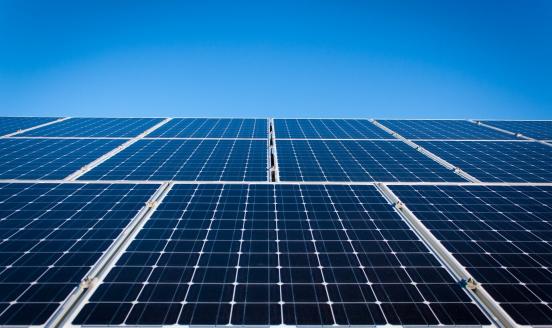
Standing on the shoulders of distant giants
New inventions build on earlier inventions, so patent citations are one indication of who is standing on whose shoulders. We show that four low-carbon
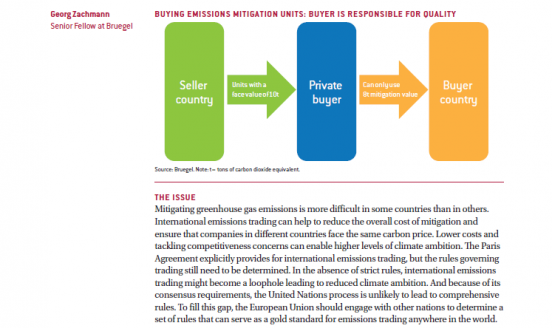
The carbon buyers’ club: international emissions trading beyond Paris
The effort to define rules for international emissions trading faces the strong desire of nation states to develop their own climate policies, which c
The Belarusian economy: are real changes on the way?
At this event we discussed where the economy of Belarus is heading, and what this implies for the EU.
Different perspectives on Nord Stream II
At this event, we brought together key-experts that studied the regulatory and economic aspects of Nord Stream II
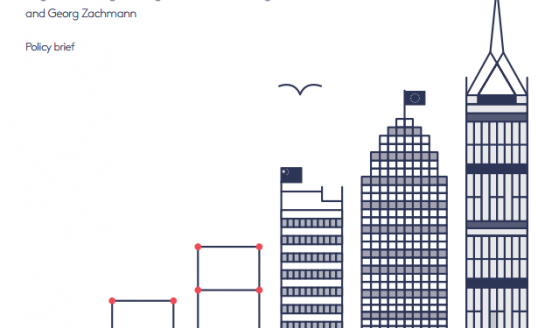
Climate policy in China, the European Union and the United States: Main drivers and prospects for the future
China, the European Union (EU) and the United States (US) are responsible for the majority of global emissions of greenhouse gases, and produce about
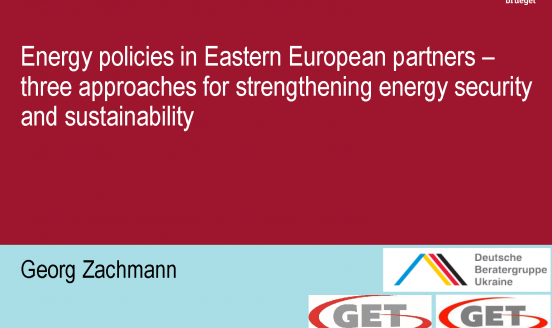
Energy policies in Eastern European partners
Euronest Parliamentary Assembly, 1 December 2016.
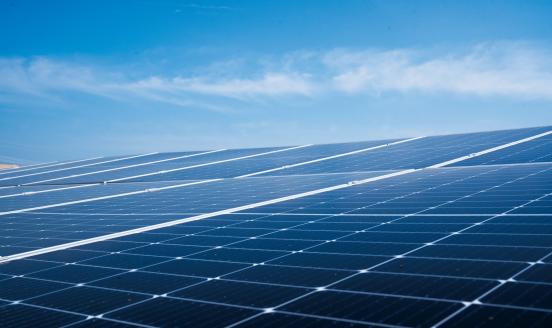
Going local: empowering cities to lead EU decarbonisation
Decarbonisation and digitalisation are reshaping the European energy system, which will become more decentralised and interconnected with other sector
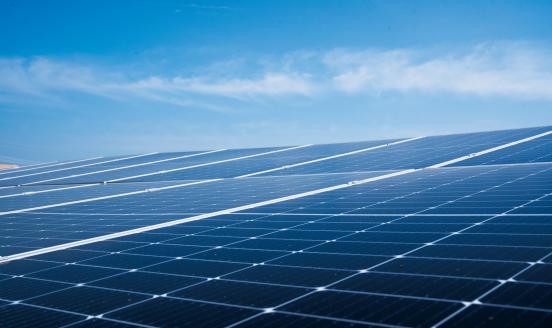
How to put cities at the heart of EU clean energy plans
As the European Commission releases its new energy package, “Clean Energy for all Europeans”, our authors argue that cities are the key to success. Th
Unpacking European Energy Policy
At this event the European Commissioner for Climate Action & Energy, Miguel Arias Cañete, presented an important energy package.
Decarbonisation: a future fiscal headache for Europe?
Energy taxes contribute significantly to public budgets in the EU, but with the aim to reduce greenhouse emissions, the EU will have to fully decarbon
Can North Africa's energy challenges become opportunities?
Cooperation in the energy sector could increase economic prosperity and political stability in North Africa and also generate economic opportunities f
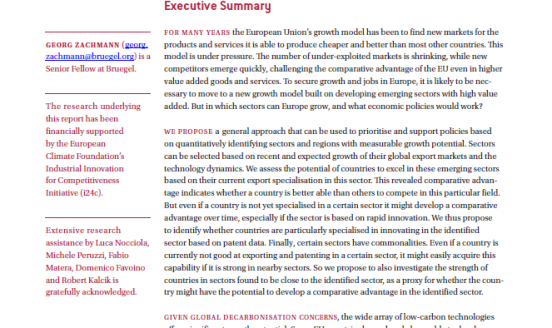
An approach to identify the sources of low-carbon growth for Europe
In order to secure growth and jobs, Europe needs a new growth model built on developing emerging sectors with high value added. But in which sectors c

Bruegel Annual Meetings 2016, 6-7 September
The Annual Meetings are a high point in Bruegel's calendar.
Bruegel Annual Meetings 2016
The Annual Meetings are a high point in Bruegel's calendar.
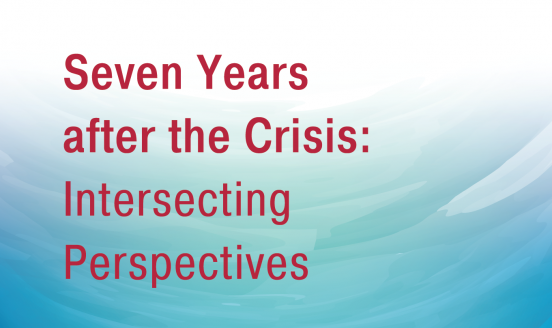
Seven years after the crisis: intersecting perspectives
This joint publication brings together the papers produced as part of the first collaboration between Bruegel and the OCP Policy Center. Within the th
Nord Stream 2: a bad deal for Germany and Eastern Europe
Georg Zachmann argues that the Nord Stream 2 project is a danger to the European consensus on relations with Russia. What is more, it could undermine
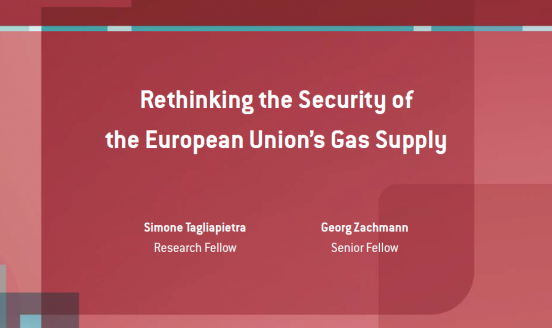
Rethinking the security of the European Union's gas supply
Presentation at the EPP hearing on the “Winter Energy Package” on 29 June 2016.
Keine Energiewende ohne Energieunion
Die europäische Perspektive ist für den Erfolg der deutschen Energiewende entscheidend. Doch die europäischen Partner werden nicht einfach die deutsch
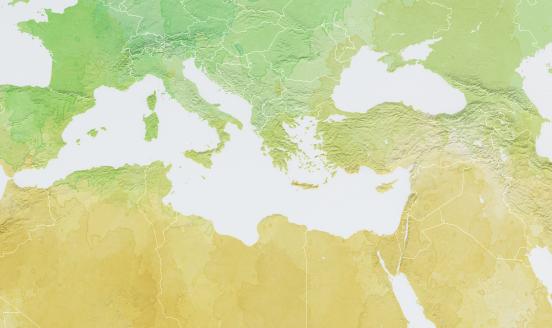
Euro-Mediterranean energy talks
The energy landscape of the Southern and Eastern Mediterranean is inefficient and unsustainable. Yet there is much potential for cooperation. How coul
State Aid evaluation: two years of implementation
This event discussed the evaluation of state aid and how it can contribute to better policy-making.
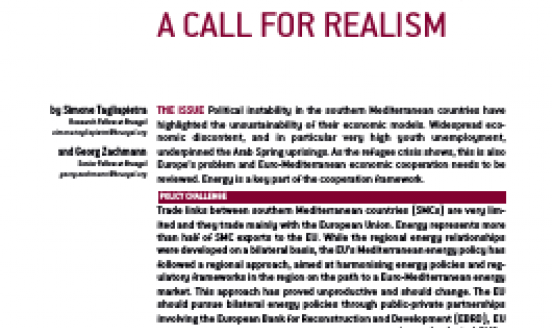
Energy across the Mediterranean: a call for realism
After almost two decades of unproductive regional cooperation attempts, the EU should reshape its energy cooperation efforts in the Mediterranean thro
Seven Years after the Crisis: Intersecting Perspectives
First edition of the annual "Platform for Advanced & Emerging Economies Policy Dialogue"
Is the oil price-GDP link broken?
Oil prices fell to a 12-year low at the beginning of 2016. We find that the drop in the past two years was primarily driven by expectations. In fact,

Re-powering electricity markets
Europe talks a lot about energy market reforms, but what is the global context? Which measures would be most effective in delivering the kind of energ

How will the Paris agreement impact EU climate and energy policies?
The COP21 negotiations in Paris resulted in ambitious targets but little detail on implementation. Which measures should the EU now take?
Bruegel
Rethinking security of gas supply in the EU
How can Europe ensure a secure supply of natural gas, so vital for its citizens' wellbeing and prosperity? As they launch a new paper on the topic, ou
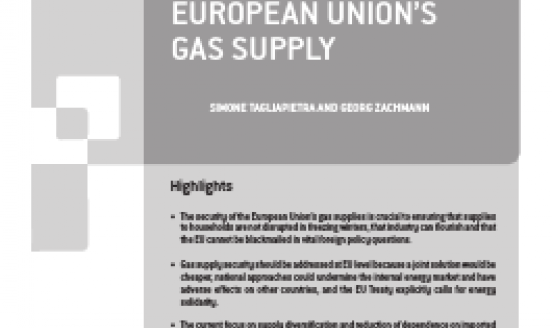
Rethinking the security of the European Union’s gas supply
Simone Tagliapietra and Georg Zachmann argue that instead of doing everything to reduce gas supplies from key suppliers like Russia, gas supply securi
The oil-price slump: crisis symptom or fuel for growth?
The low oil price will benefit oil importing countries, but is also a symptom of slowing global growth. Georg Zachmann explores the reasons for the oi
When will the EU switch away from coal?
In the US, electricity producers are switching from coal to less polluting natural gas thanks to lower gas prices. However in the EU, the carbon price
COP21: An important turn on a long journey
The Paris Agreement has been hailed as a turning point and a huge success in the international fight against climate change. Its big achievement is th
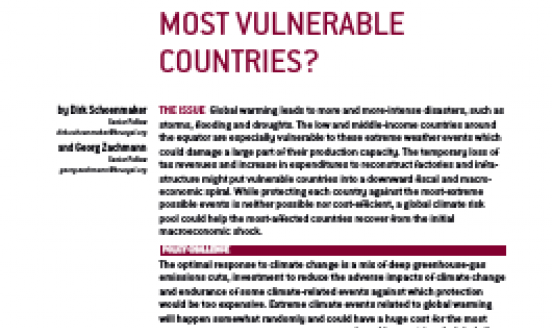
Can a global climate risk pool help the most vulnerable countries?
Extreme climate events related to global warming will happen somewhat randomly and could have a huge cost for the most vulnerable countries. A global
An overview of Bruegel scholars’ contributions on Energy Union
Bruegel scholars have contributed numerous ideas to the Energy Union concept – and to all five dimensions of the policy package. Georg Zachmann and Si
Egypt: The catalyst for a new Eastern Mediterranean gas hub?
The recent discovery of the large Zohr gas field in offshore Egypt - the largest ever made in the Mediterranean Sea - might completely change the reg
COP21: Climate action needs a new global architecture
A strong political momentum on climate action has arisen worldwide on the way to Paris. However private and public investors will only conduct the nec
Helping Ukraine to reform Naftogaz’s gas transmission business
Reform of Ukraine’s gas sector is under threat. The European Bank for Reconstruction and Development should step in.
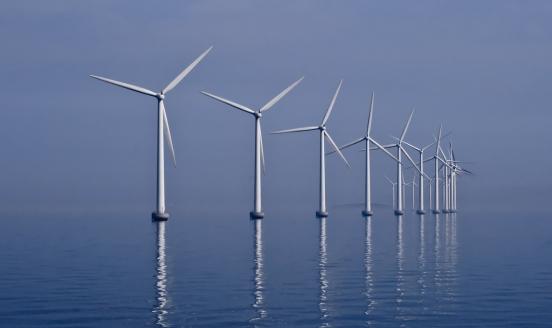
European competition policy and the energy transition
In the transition to a low carbon energy sector, what role does the European Commission foresee for competition policy ?
Iran: a new natural gas supplier for Europe?
The Iranian nuclear deal reached in July can potentially reshape the Iranian economy in general and its energy sector in particular. On the basis of t
A European approach to climate finance will make a deal at COP21 more likely
Europe needs to convince poor countries that it is serious about a climate deal. To do this it must act jointly and decisively to shape global climate

Challenges for growth in Europe
The conference in Berlin addressed two topics at the forefront of policy debates in Germany and Europe: stable growth and the energy transition.
The EU 2030 Climate and Energy Framework: Keeping up the pressure on governance structures
The Transport, Telecommunications and Energy Council on 26 November should indicate a clear way forward.
The European Energy Union: Slogan or an important step towards integration?
The broad definition of an Energy Union may enable the European Commission to facilitate a radical compromise between the member states. Because Germa
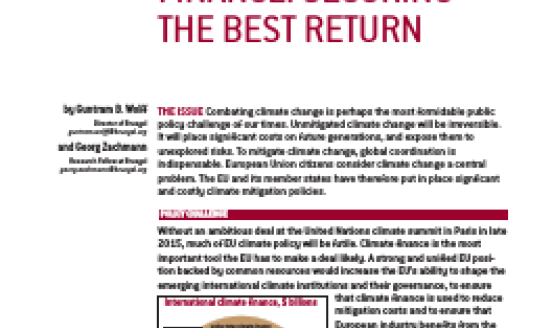
European climate finance: securing the best return
There is a European interest in getting a global climate deal in Paris that entails high mitigation ambitions and involves the EU in shaping the globa
Making low-carbon technology support smarter
Combating climate change on the global level will be much easier when abundant low-carbon technologies that are competitive in their cost and capabili
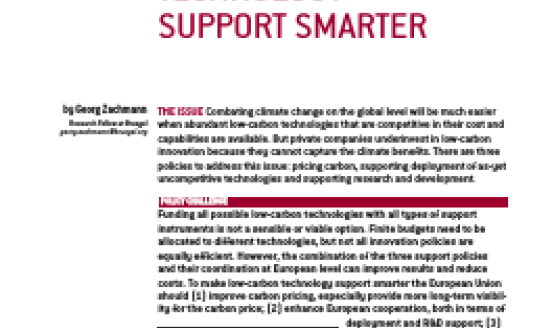
Making low-carbon technology support smarter
This Policy Brief describes the interaction between three approaches that are effective in driving innovation in low-carbon technologies. Based on tha
Kosten uns die Russland-Sanktionen wirklich 2 Millionen Jobs?
Vor zwei Wochen hat ein Bericht des Österreichischen Institut für Wirtschaftsforschung (WIFO) zur Wirkung der Russland-Sanktionen auf die eu
European political preferences for decarbonisation
On 8 July the European Parliament finally voted to introduce a mechanism to stabilise the European emissions trading system (ETS). What can a de
Designing a new EU-Turkey strategic gas partnership
The 2014 Ukraine crisis reinforced the EU’s quest for security of gas supply. The European Commission released an Energy Union Communication in Febru
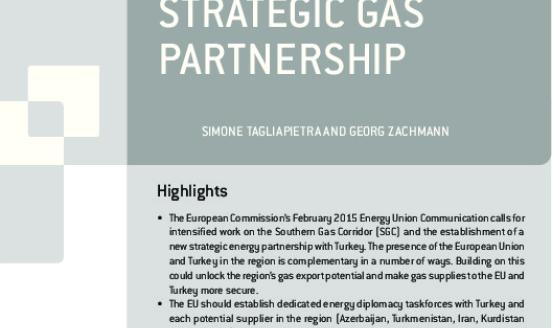
Designing a new EU-Turkey strategic gas partnership
This Policy Contribution discusses what the EU and Turkey can expect from the establishment of a new strategic energy partnership. The authors&nb
Die Europäische Energieunion: Schlagwort oder wichtiger Integrationsschritt?
Die Schaffung einer europäischen Energieunion ist ein zentrales Projekt der Juncker-Kommission. Die umfassende Definition der Energieunion – welche vo
The Russian pipeline waltz
This is an eventful period for EU-Russia gas relations. Six months ago Russian President Vladimir Putin surprised the energy world by dismissing the l
Reinvigorating EU-Algeria energy cooperation
In this blogpost, Simone Tagliapietra and Georg Zachmann argue that, while natural gas currently represents the most important area of energy coo
The Gazprom case: good timing or bad timing?
What is the Gazprom antitrust case all about? And, considering the current EU gas market environment, has it arrived at a good time or bad time for G
Will natural gas cooperation with Russia save the Greek economy?
In the midst of profound turbulence in the negotiations between Greece and its international lenders, Prime Minister Alexis Tsipras flew to Mosco
Six reasons why we should not invest too much hope in lower oil prices
Even if the oil price continues to hover around $50, it is unlikely to add more than one percentage point of growth to the EU economy. Given all mitig
A European gas market for everyone
The European energy landscape has changed markedly in 2014. Now the EU must rethink its relationship over gas with Russia and Ukraine.
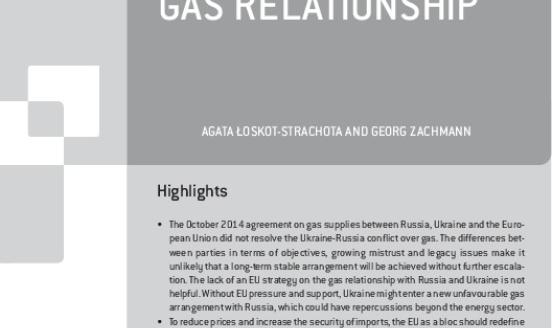
Rebalancing the EU-Russia-Ukraine gas relationship
The October 2014 agreement on gas supplies between Russia, Ukraine and the EU did not resolve the Ukraine-Russia conflict over gas. This&nbs
Some tools for lifting the patent data treasure
Bruegel contributes to the stream of research on PATSTAT by providing two algorithms that try to minimize the amount of manual work tha
The cost of escalating sanctions on Russia over Ukraine and Crimea
Sanctions are not about showing the other how much damage can be inflicted on the sanctioned party, but about demonstrating how much pain can be toler
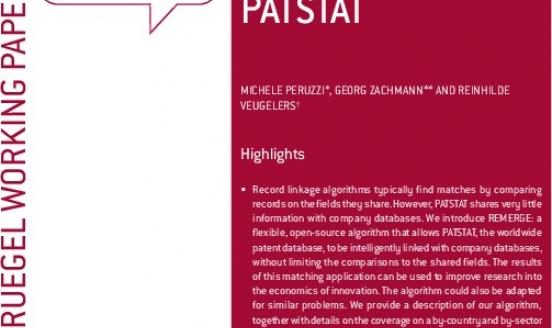
Remerge: regression-based record linkage with an application to PATSTAT
We further extend the information content in PATSTAT by linking it to Amadeus, a large database of companies that includes financial information. Pate
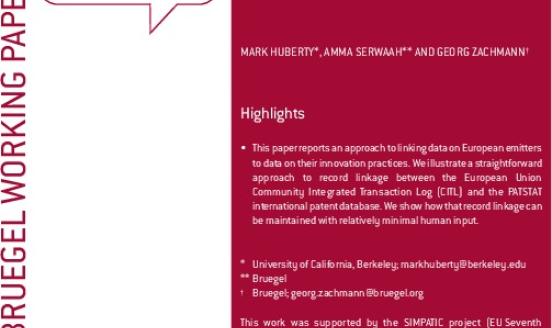
A scaleable approach to emissions-innovation record linkage
PATSTAT has patent applications as its focus. This means it lacks information on the applicants and/or the inventors. In order to have more informatio
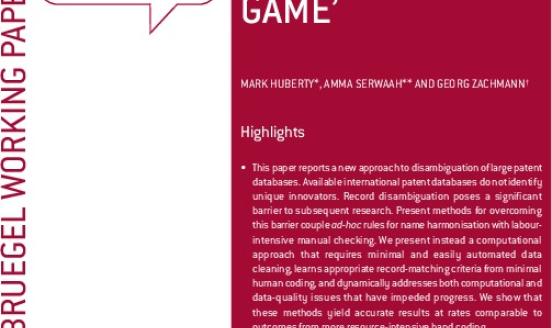
A flexible, scaleable approach to the international patent 'name game'
The inventors in PATSTAT are often duplicates: the same person or company may be split into multiple entries in PATSTAT, each associated to different
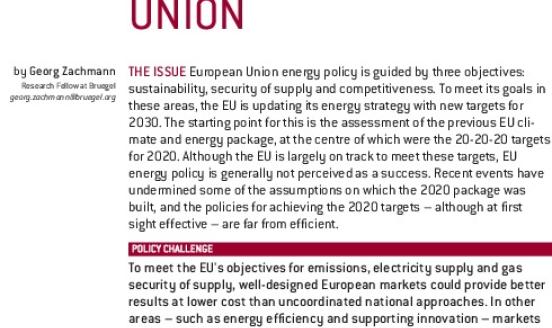
Elements of Europe's energy union
To meet the EU's objectives for emissions, electricity supply and gas security of supply, well-designed European markets could provide better results

EU to DO 2015-2019
Memos to the new EU leadership.
Ukraine gas negotiations: from ‘win-win-win’ to ‘lose-lose-lose’?
The recent escalation is a costly strategy for both sides. With current infrastructure, Ukraine will only be able to cover about three quarter of
Chart of the week: Obama's lacklustre breakthrough on emissions
Compared to 1990 the US proposal on reducing emissions from coal fired plants by 30% compared to 2005 implies that total greenhouse gas emissions will
Europe needs an energy ‘situation room’!
Gazprom's threat to cut gas exports to Ukraine in early June could result in the largest European gas supply pipeline running dry. And as long as the
Renewing Europe’s renewables
As the economic crisis shifted policymakers’ attention from long-term sustainability to short-term recovery, progress has stalled – and the conse
Could Russia's troubles affect the world economy?
The sanctions applied by the European Union and the United States against Russia in retaliation for its annexation of Crimea might seem relatively mil
Eastern promises: The IMF-Ukraine bailout
Ukraine is in a dire economic situation. In 2013, its twin deficits – which have persisted for several years – reached a new record. The budget defici
Can Europe survive without Russian gas?
Replacing 130 bcm of natural gas imports from Russia within a year would be a significant challenge, but, as our rough estimates show, not impossible.
Interactive chart: How Europe can replace Russian gas
But how much would these options cost Europe and Russia? How do these options play together? Is there a preferred alternative, or perhaps there is an
Gas imports: Ukraine's expensive addiction
Existing contracts oblige Ukraine to pay for massive amounts of Russian gas even if it does not use them, Gazprom does side-deals on cheap gas wi
How to make renewables cheaper
Investment and growth in the time of climate change
Climate policy, like all polices, is about making choices. Taking an economic perspective, the report addresses two major choices of European decarbon
What should Europe do about high energy prices?
Though Europe might have to live with higher energy prices than the US, it does not face a trade-off between remaining competitive and becoming sustai
Does Europe need a renewables target?
The discussion on whether the EU needs a new renewables target beyond 2020 is gaining traction. The proponents argue that a target for 2030 would give
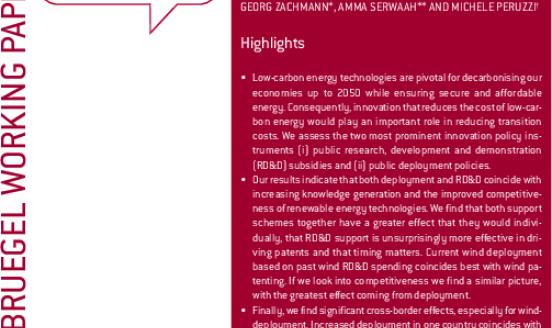
When and how to support renewables? Letting the data speak
Low-carbon energy technologies are pivotal for decarbonising our economies up to 2050 while ensuring secure and affordable energy. Consequently, innov
Die Nachbarländer in die Energiewende einbinden
Wenn die europäische Dimension der Energiewende nicht im Koalitionsvertrag berücksichtigt wird, wird Deutschland mit einer nur am Ausgleich einheimisc
Bruegel year in review - 2013
Die Energiewende braucht einen europäischen Strommarkt
Bruegel-Forscher Georg Zachmann über das Paradox sinkender Stromerzeugungskosten.
Empirics of energy competitiveness
The loss of competitiveness because of elevated energy costs is concentrated in a limited number of sectors. The cost of subsidising energy-intensive
EU vs. regional electricity markets: Don't think too small
A comment on the ‘Schengenisation’ of EU energy policy: going for regional electricity markets instead of an EU-wide market comes at a cost.
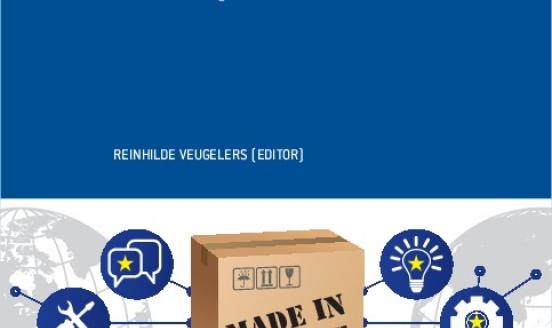
Manufacturing Europe’s future
‘Manufacturing Europe’s future’ means getting the policies right for firms to grow and prosper. It is not about picking one sector over another, but p
Making the internal electricity market work
Why the economic pressure to create a comprehensive internal energy market is building
Borderless electricity: completing the internal energy market
To reap the significant benefits from an integrated European electricity market, we propose the following blueprint: First, we suggest adding a E
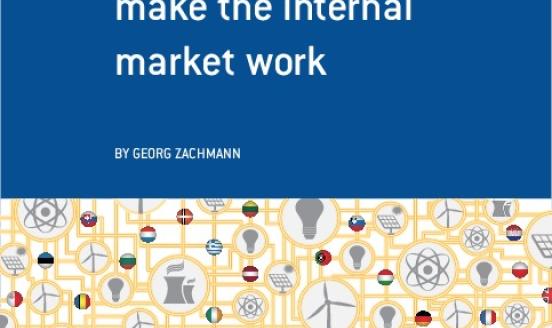
Electricity without borders: a plan to make the internal market work
To reap the significant benefits from an integrated European electricity market, we propose the following blueprint: add a European system-m
An Internal Energy Market for Europe: why and when?
Backloading – An ineffective economic measure for a good political reason?
Wednesday afternoon will see the fourth vote in the European Parliament (this time again in the environment committee) on a scheme to temporarily
Restoring faith in the ETS
Wetten Sie nicht gegen das ETSETT
Fragen und Antworten von Bruegel-Forscher Georg Zachmann zur Krise des Europäischen Emissionshandelssystems.
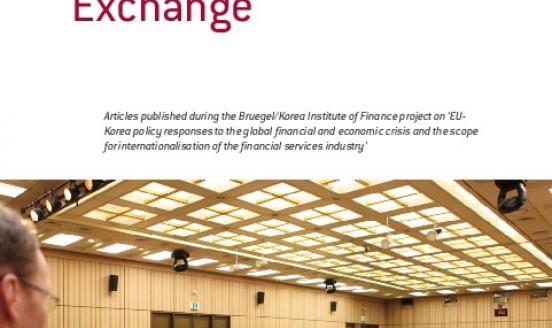
EU-Korea Economic Exchange
Articles published during the Bruegel/Korea Institute of Finance project on ‘EU-Korea policy responses to the global financial and economic crisis and
Decarbonisation is no 100 metre race
In November 2012, the European Climate Commissioner made a proposal to stabilise the European Union’s emission trading system – a market for greenhous
European Emission trading - A blueprint for a countercyclical policy without teeth
Carbon emissions have been falling, but perhaps not for the most sustainable reasons. The graphs below show volumes of carbon emissions produced by th
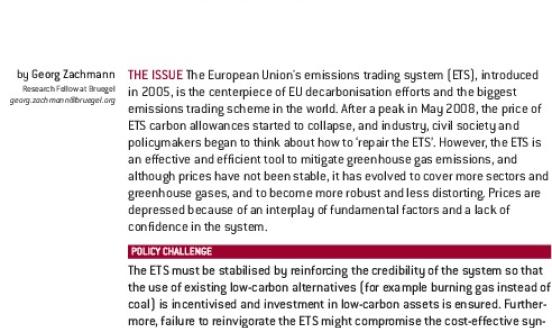
You'd better bet on the ETS
The issue: The European Union's emissions trading system (ETS), introduced in 2005, is the centerpiece of EU decarbonisation efforts and the biggest e
Electricity Infrastructure – more border crossings or a borderless Europe?
Enabling the seamless trade in electricity across borders would help to deliver on all three European energy policy targets – security, sustainability
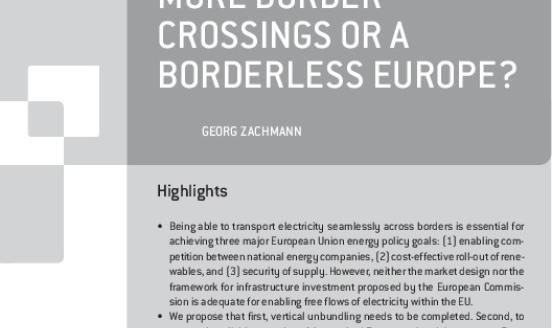
Electricity infrastructure: More border crossings or a borderless Europe?
Being able to transport electricity seamlessly across borders is essential for achieving three major European Union energy policy goals: (1) enabling
Franco-German energy cooperation – from a joint declaration to measurable results
At the celebrations of the 50th anniversary of the Elysée treaty the Franco-German Council of ministers issued a joint declaration on guidelines
Georg Zachmann on how to make smart choices for growth
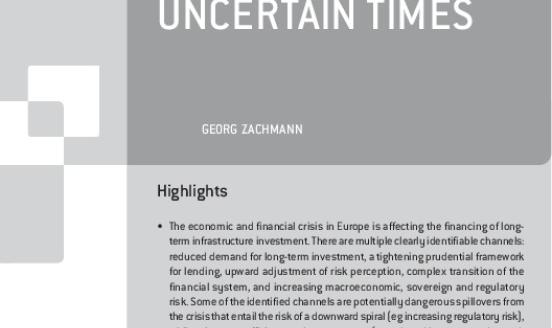
Private long-term investment in uncertain times
The economic and financial crisis in Europe is affecting the financing of long-term infrastructure investment.
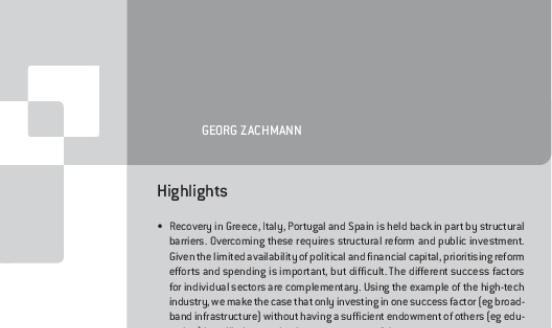
Smart choices for growth
Recovery in Greece, Italy, Portugal and Spain is held back in part by structural barriers. Overcoming these requires structural reform and public inve
Internal energy market: The pieces of the puzzle do not fit
Market coupling does not lower prices!
Eine schwierige Beziehung
Bruegel-Forscher Georg Zachmann zu politischen und ökonomischen Hintergründe des Streits zwischen EU und Gazprom
Cross-Mediterranean economic and political relationships must be rebalanced to include all of Europe
In the wake of the Arab Spring the European Union (EU) is eager to foster closer relations with North Africa and the Middle East. Georg Zachmann
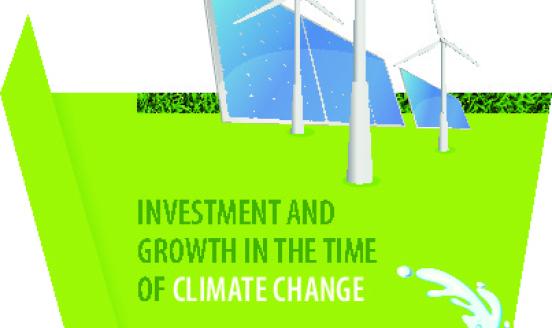
Investment and growth in the time of climate change
Largely focussing on the European dimension of this goal, this report considers investment and economic growth on a greenhouse-gas emissions trajector
War against climate change or a broad concept of security?
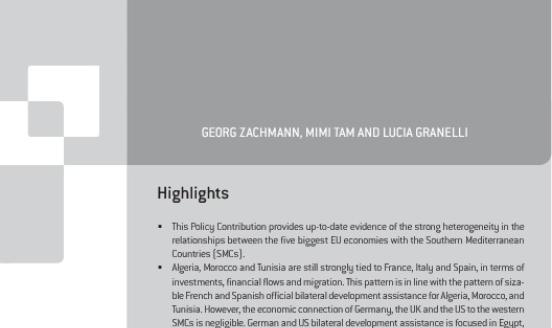
How wide is the Mediterrenean?
This Policy Contribution provides up-to-date evidence of the strong heterogeneity in the relationships between the five biggest EU economies with the
EU carbon levy: try to avoid air turbulences
Choosing the right one
Making the carbon market wider and deeper
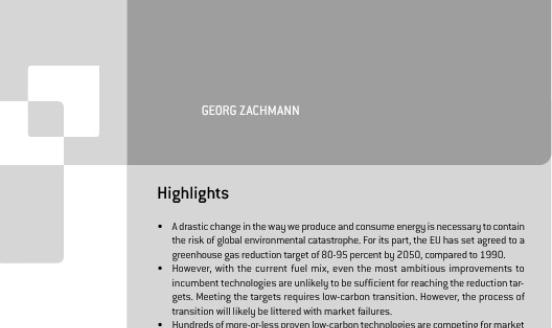
Cutting carbon, not the economy
A drastic change in the way we produce and consume energy is necessary to contain the risk of global environmental catastrophe. For its part, the EU
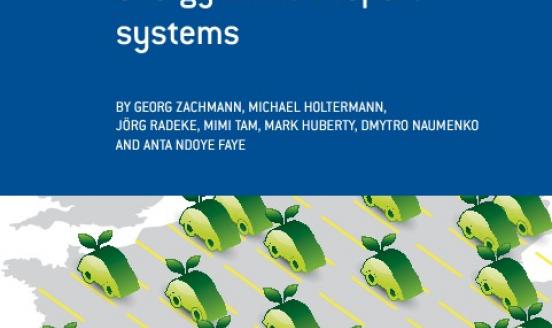
The great transformation: decarbonising Europe’s energy and transport systems
Economic growth in Europe will be affected by the costs of this transition from the current energy and transport system. A smooth transition towards a
Green financial innovation to boost private investment
Can the sun saver Greece?
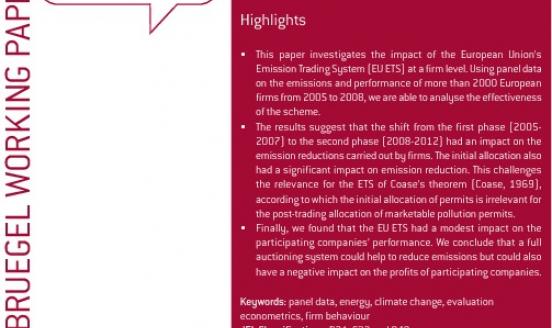
Assessing the impact of the EU ETS using firm level data

Eastern European lessons for the southern Mediterranean
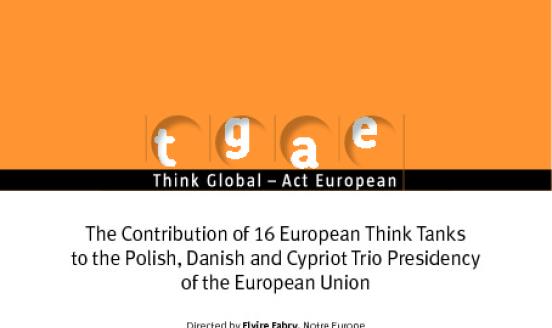
TGAE report - The contribution of 16 European think tanks to the Polish, Danish, and Cypriot trio presidency of the European Union
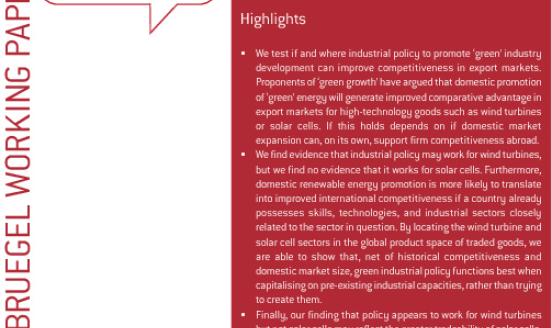
Green exports and the global product space: Prospects for EU industrial policy
Of meltdowns and fallouts: What do the financial and the nuclear crises have in common?
Is European climate policy the new CAP?
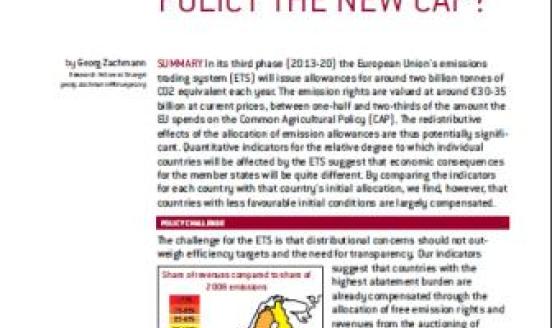
Is European climate policy the new CAP?
Rare earth - no case for government intervention
Rare earth - no case for government intervention
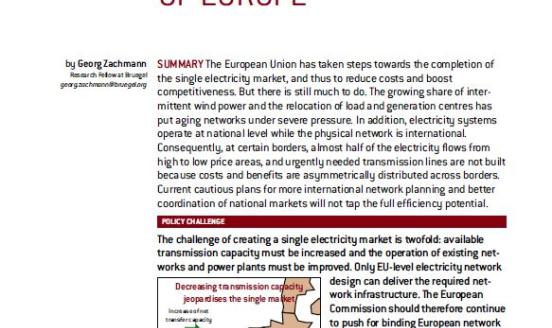
Power to the people of Europe
